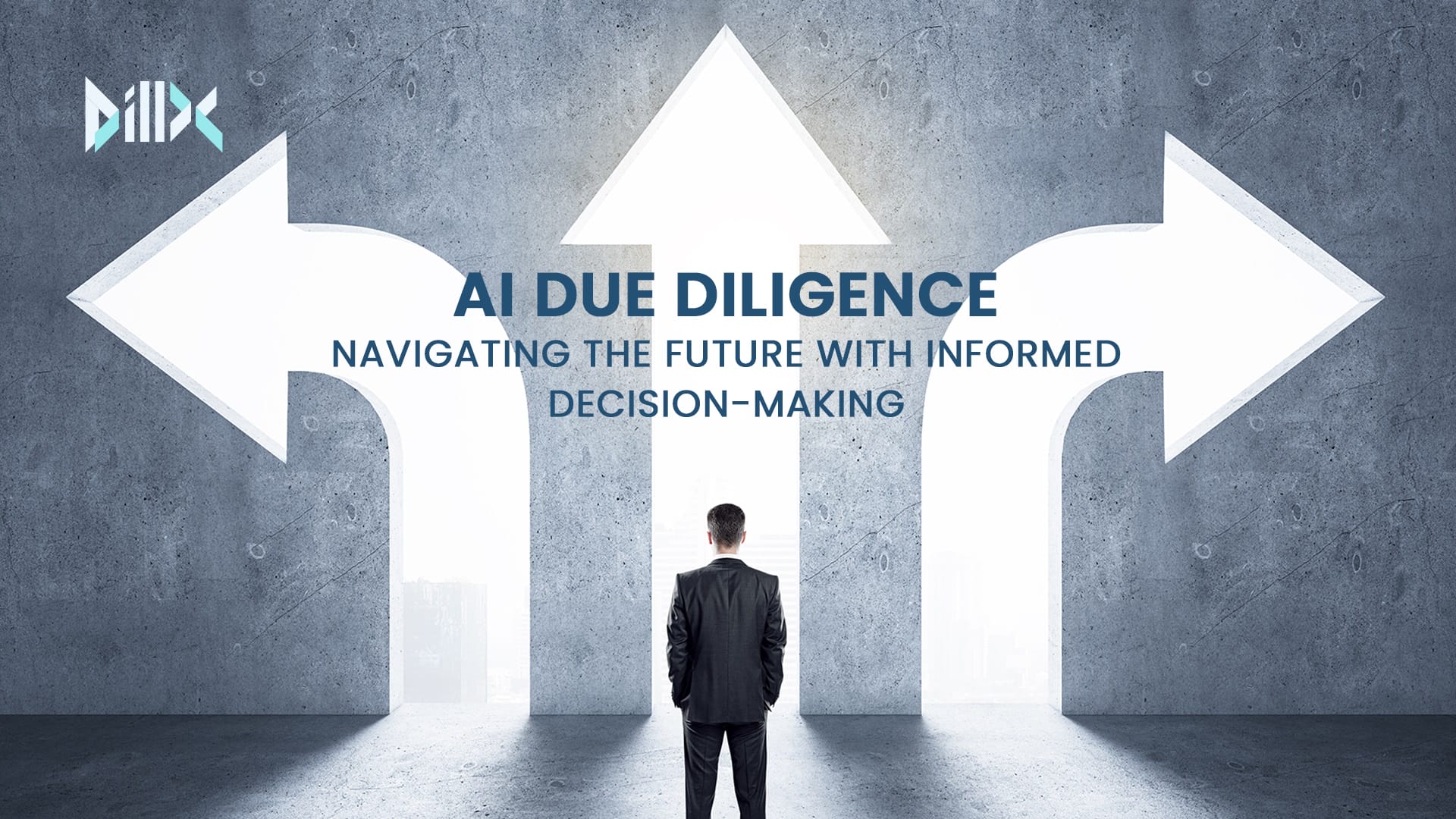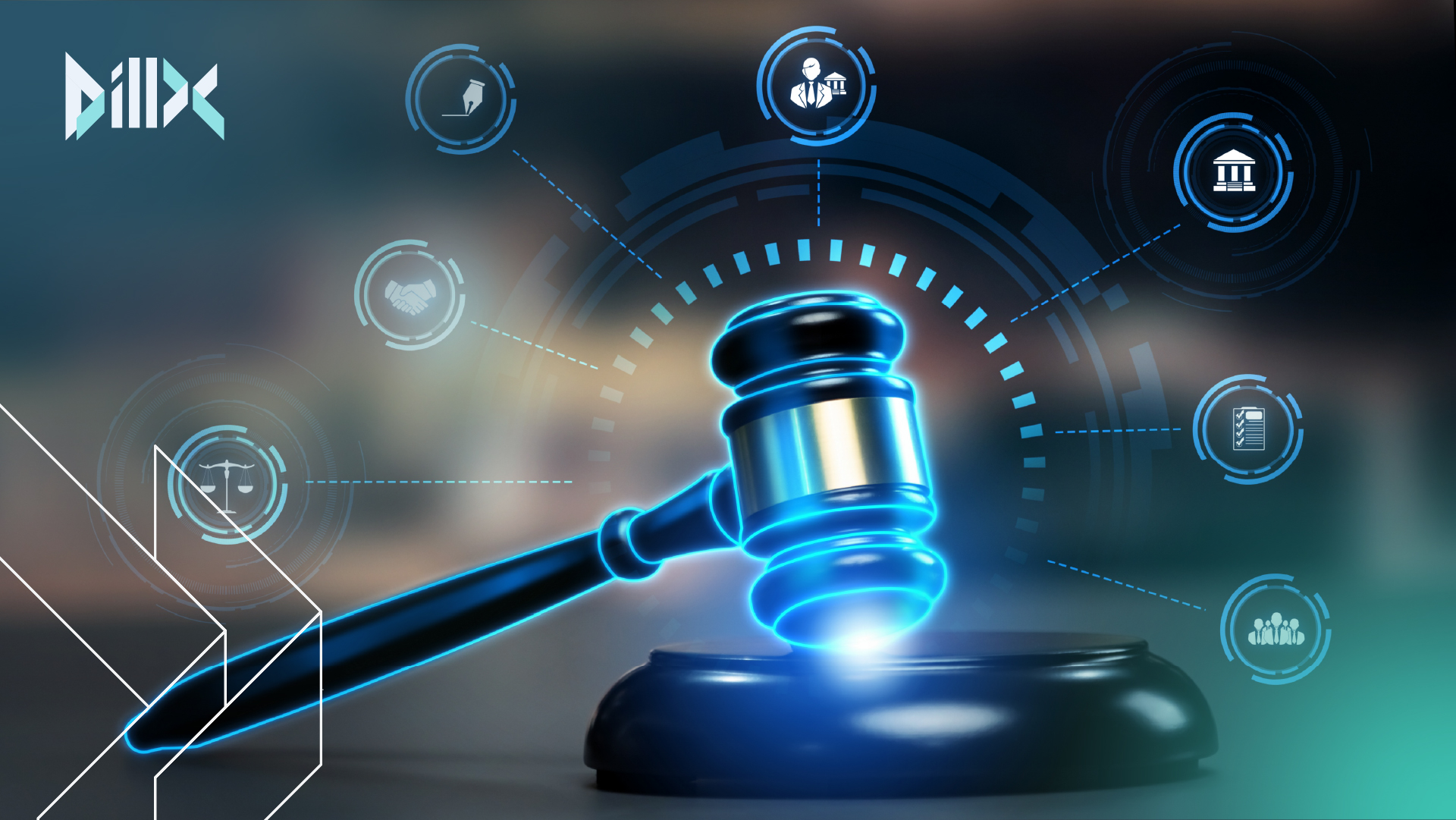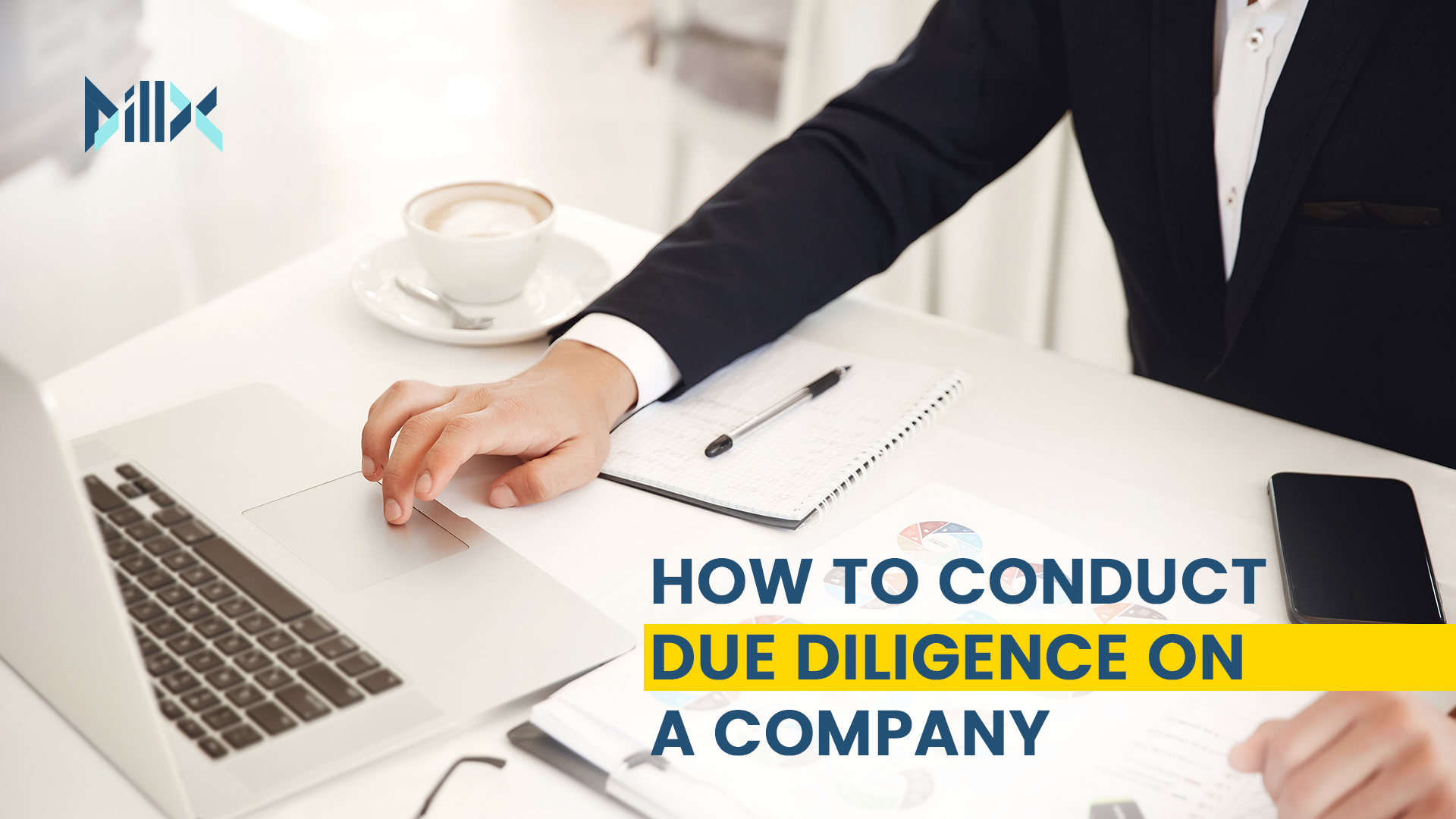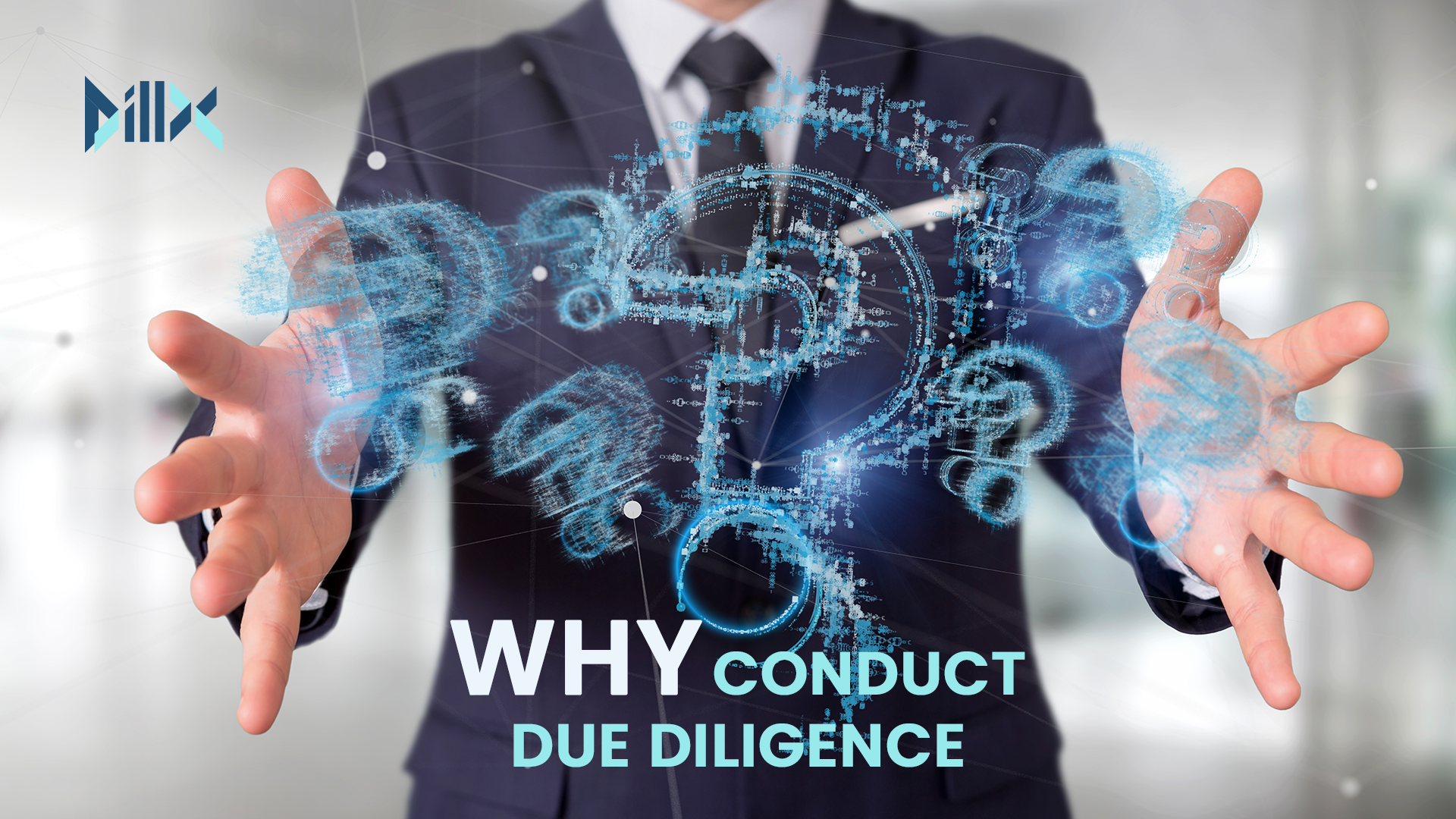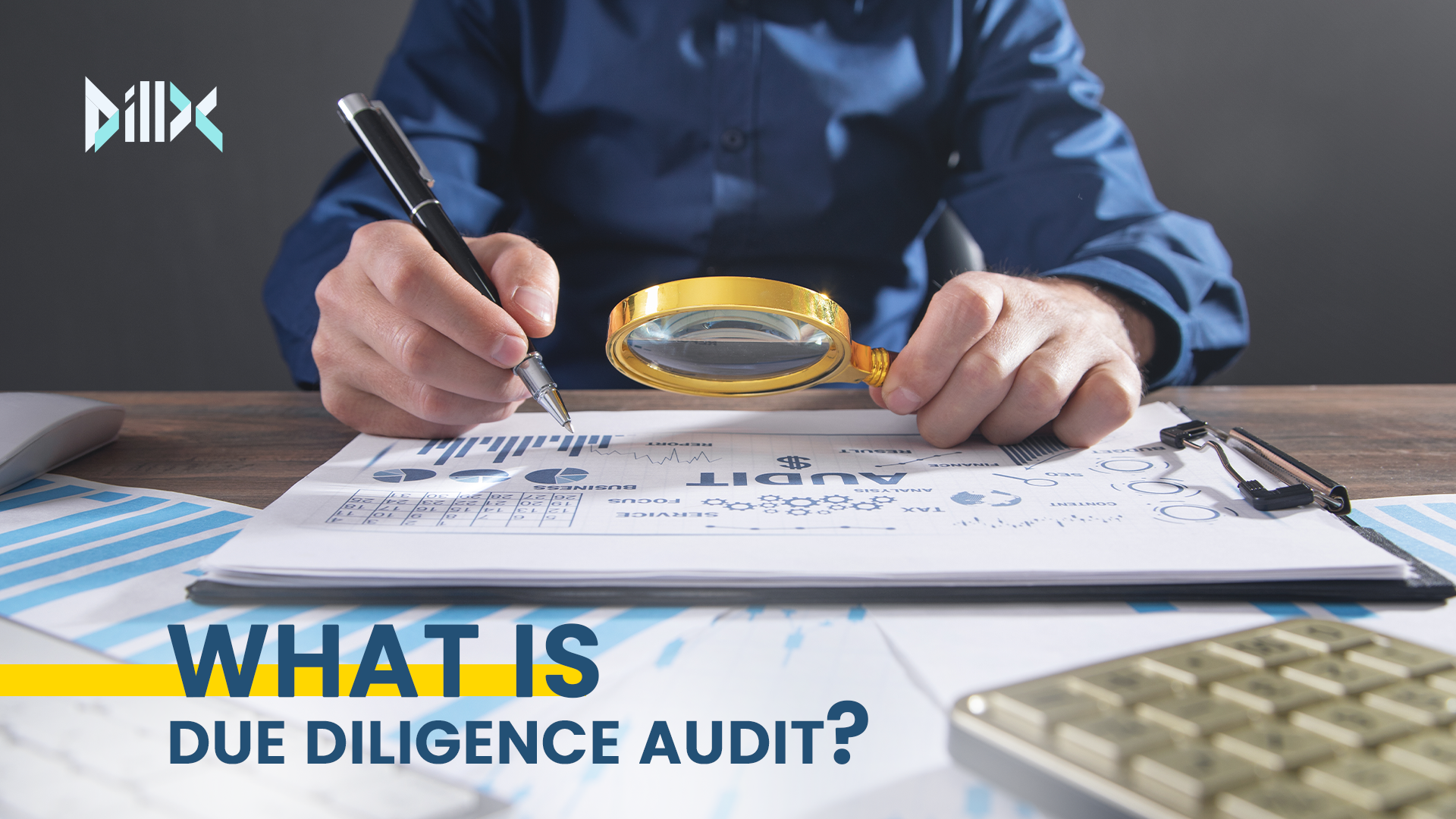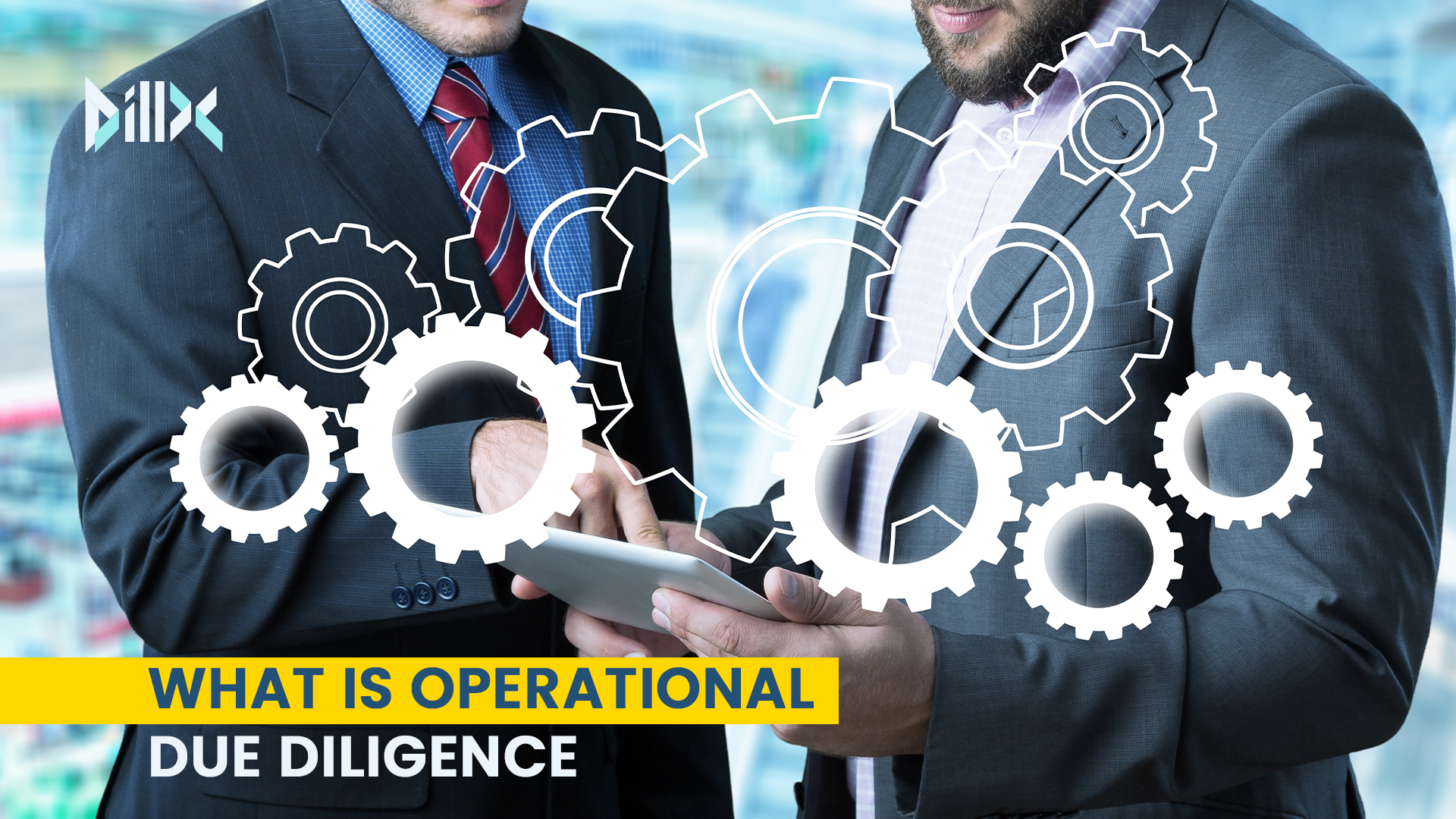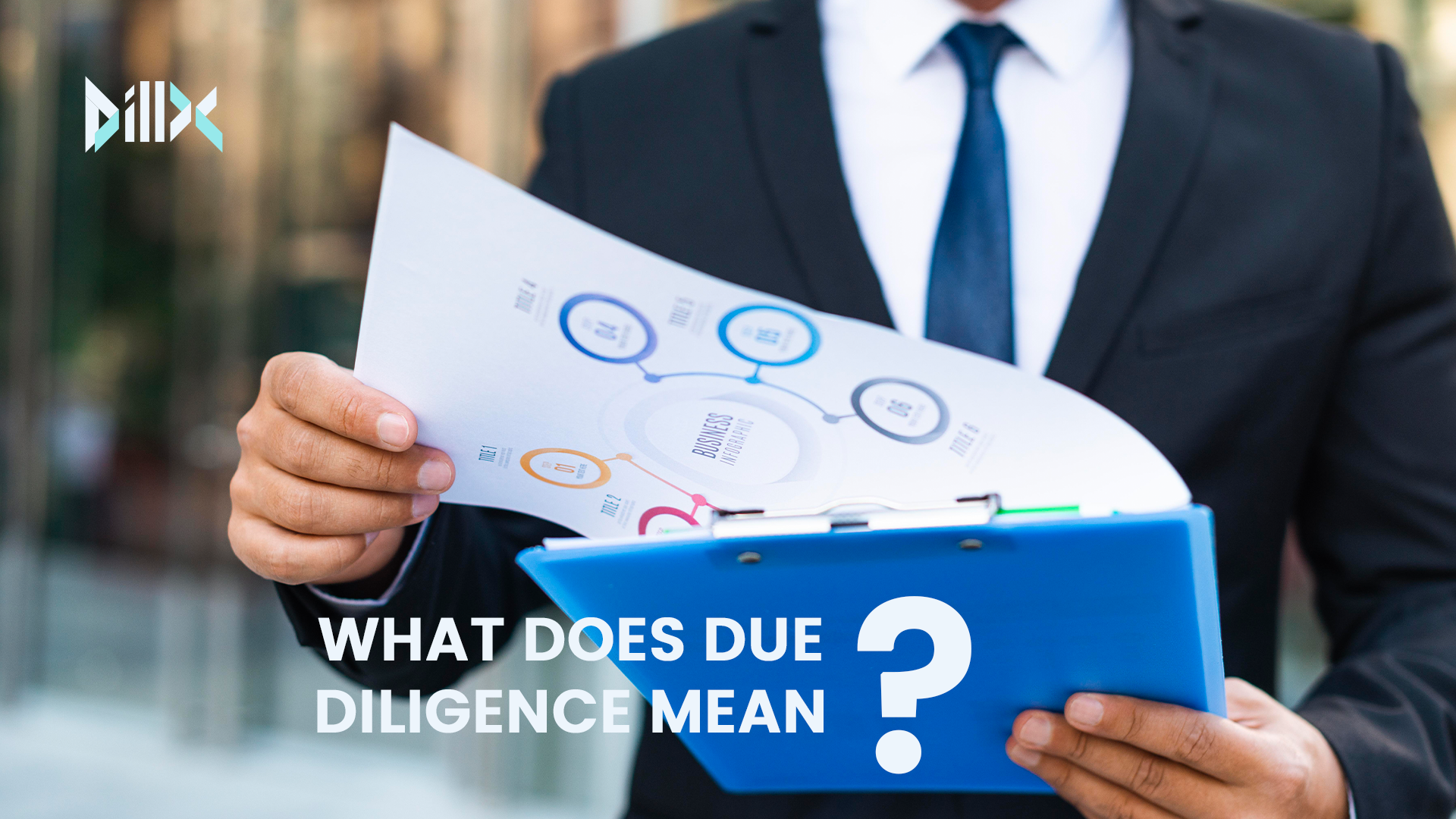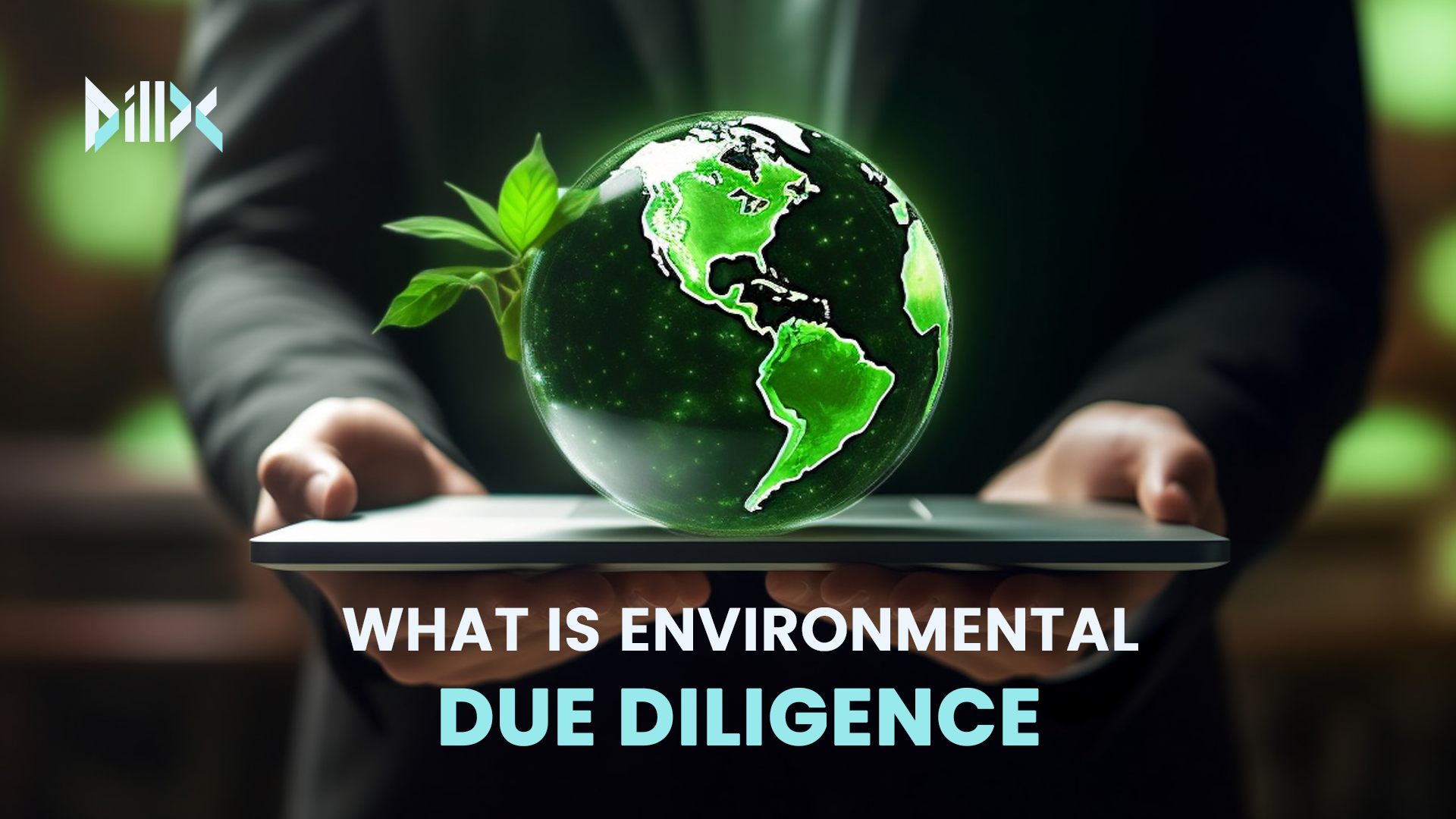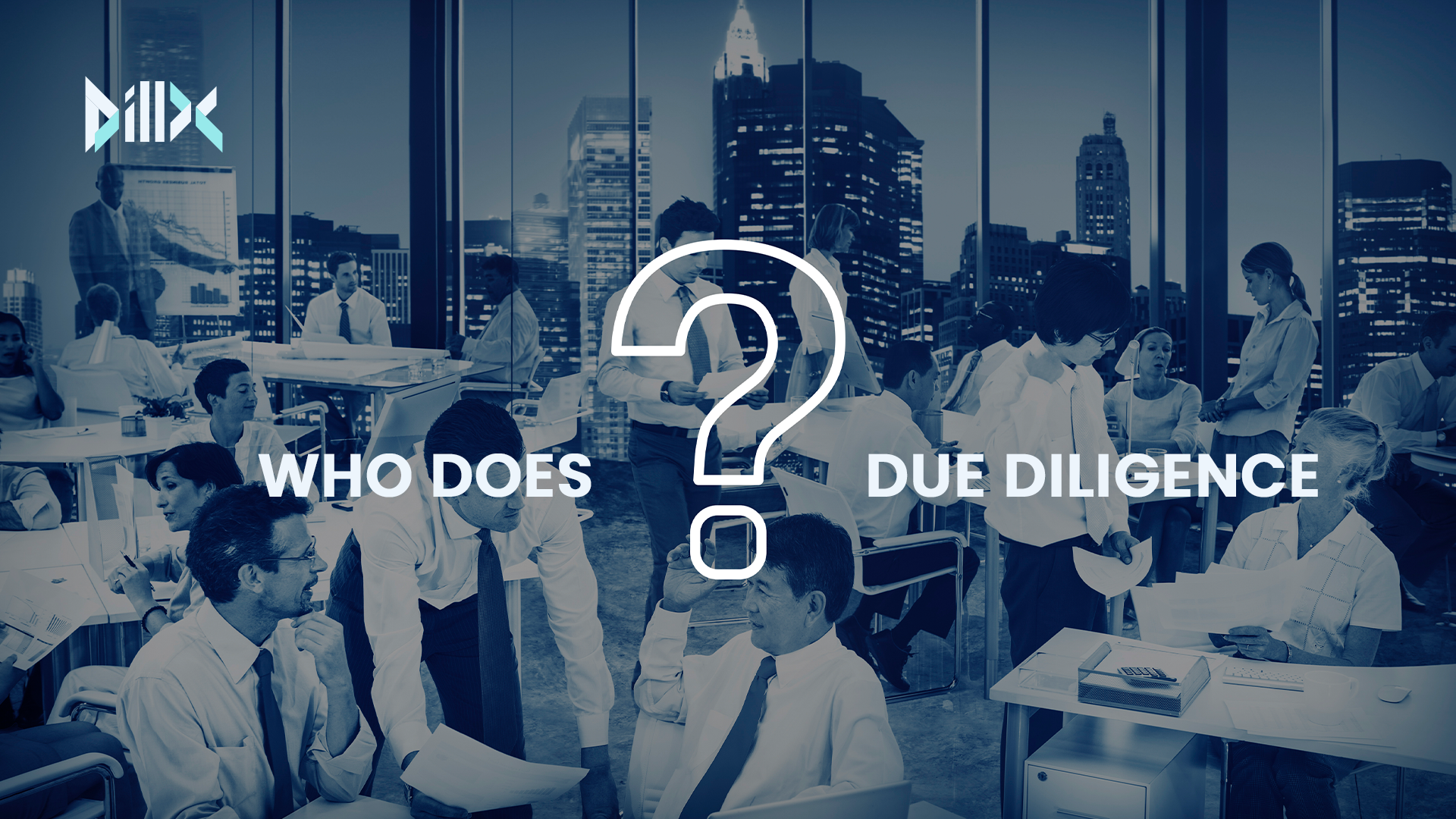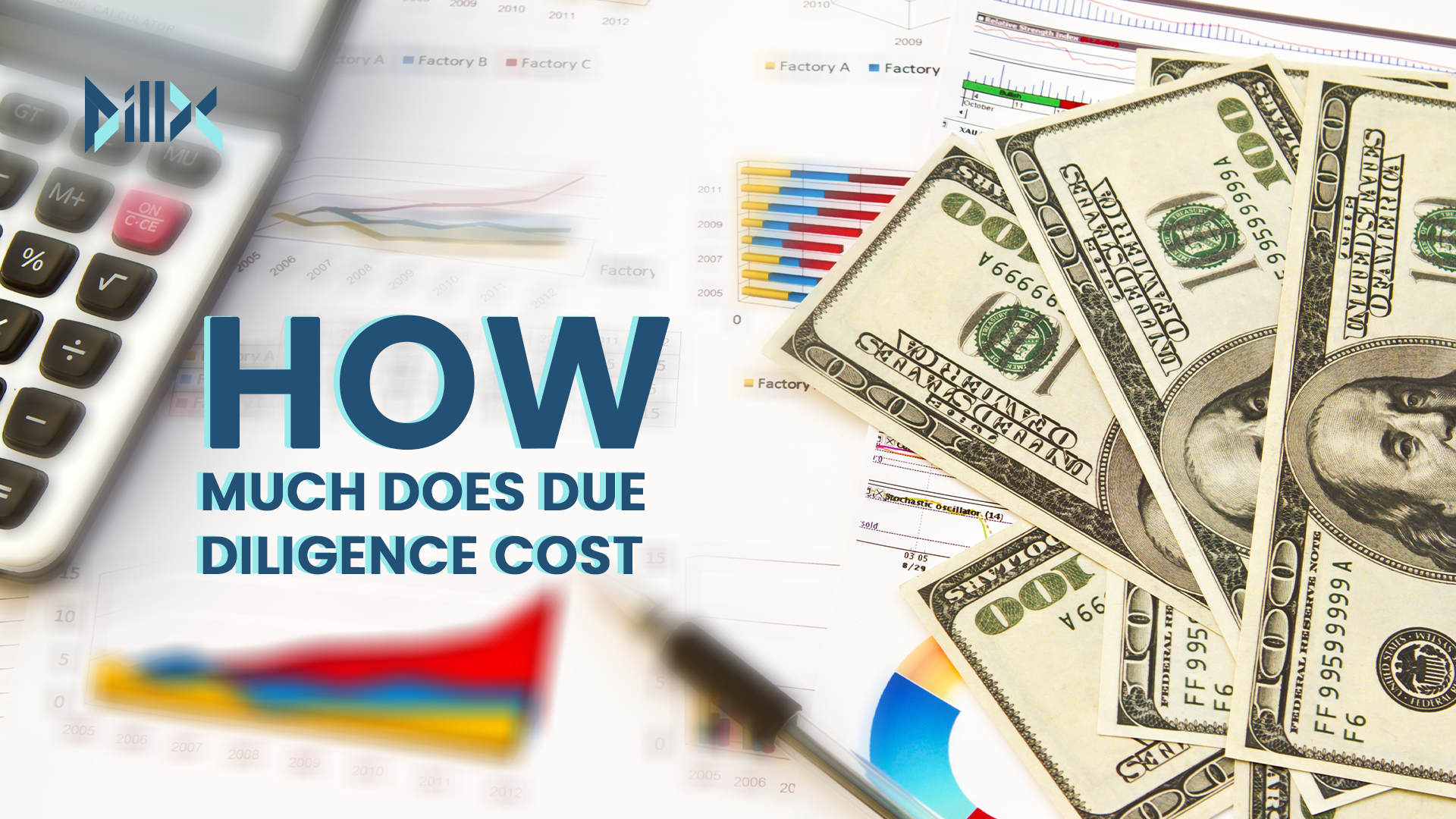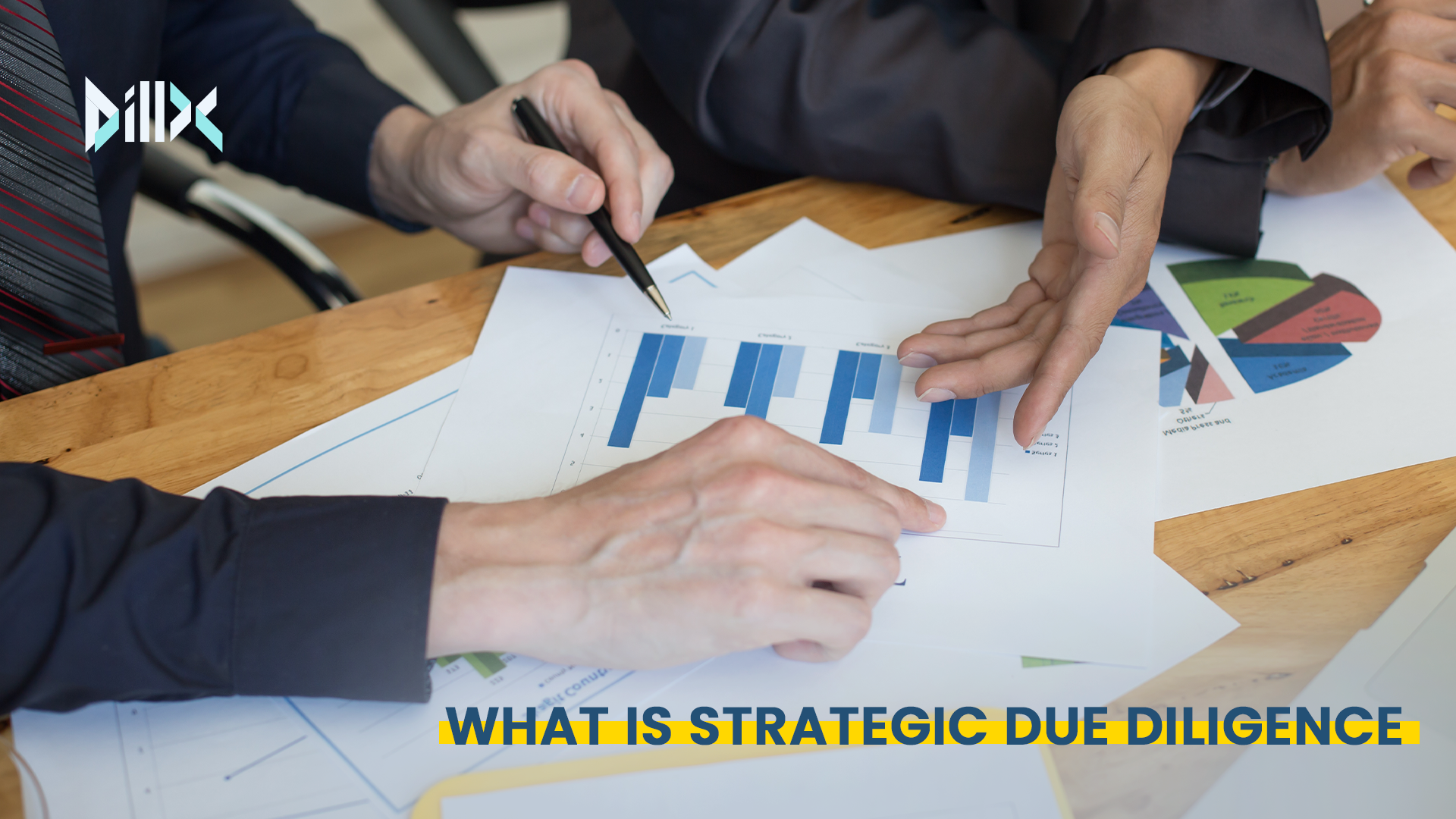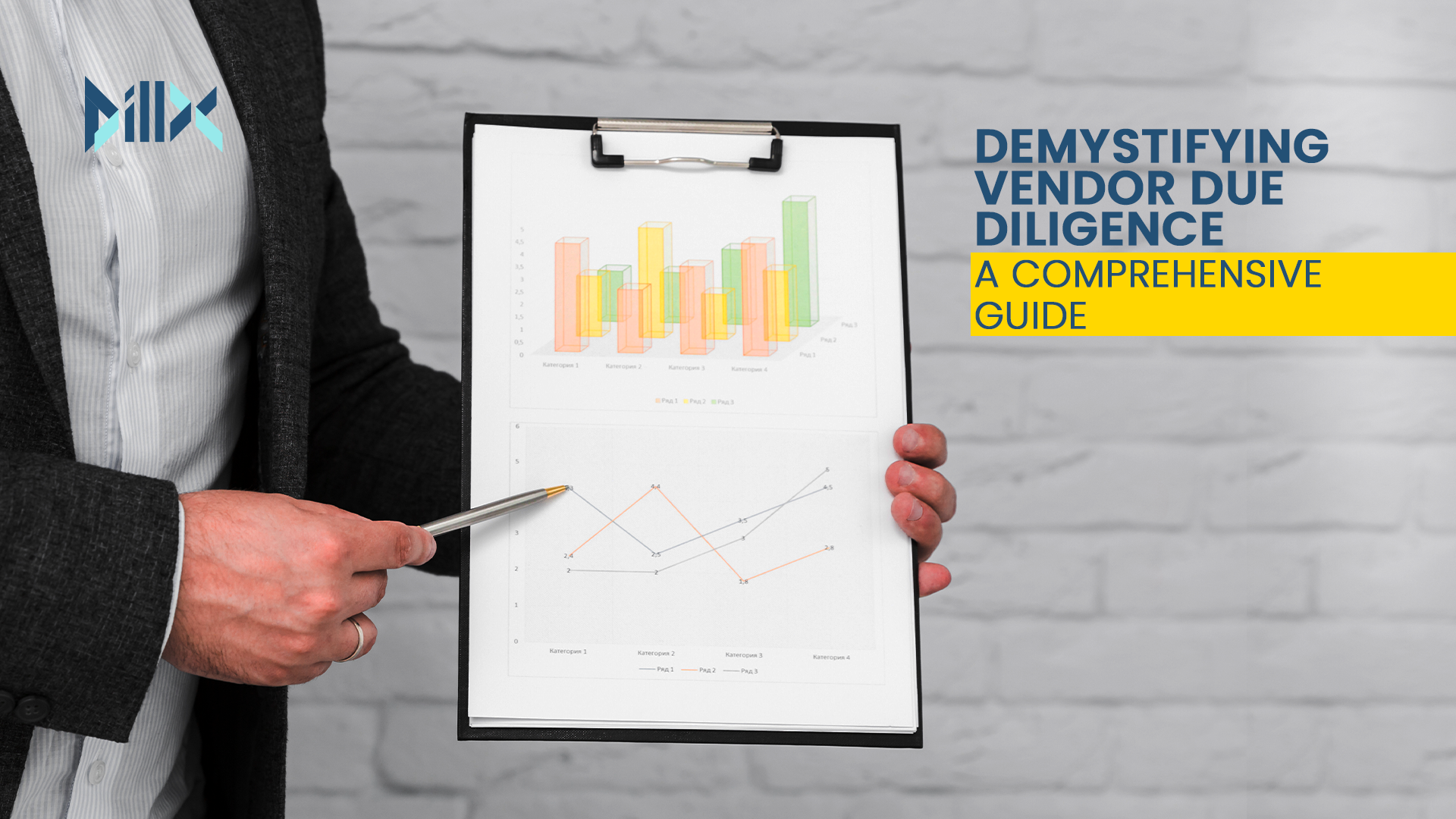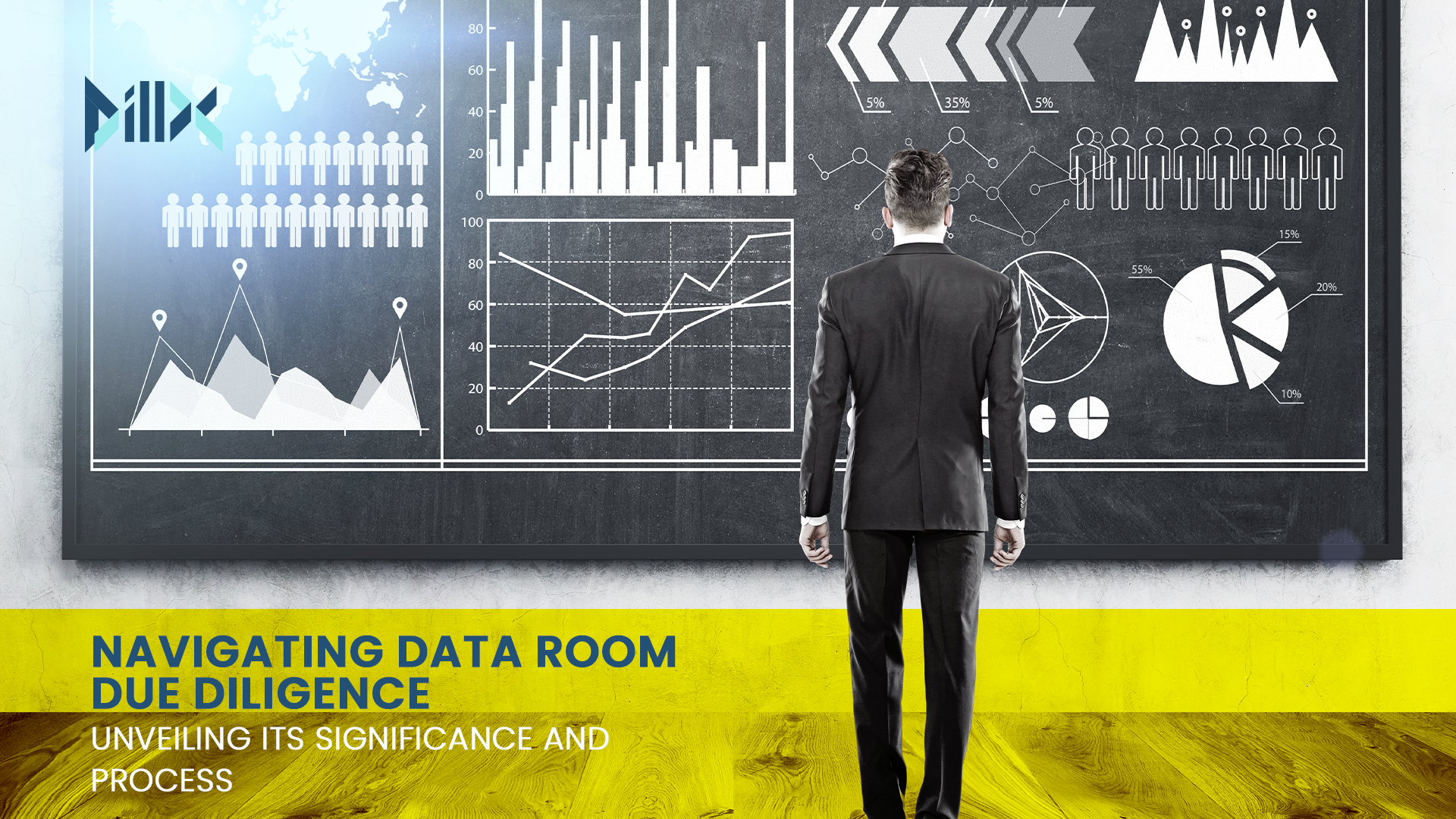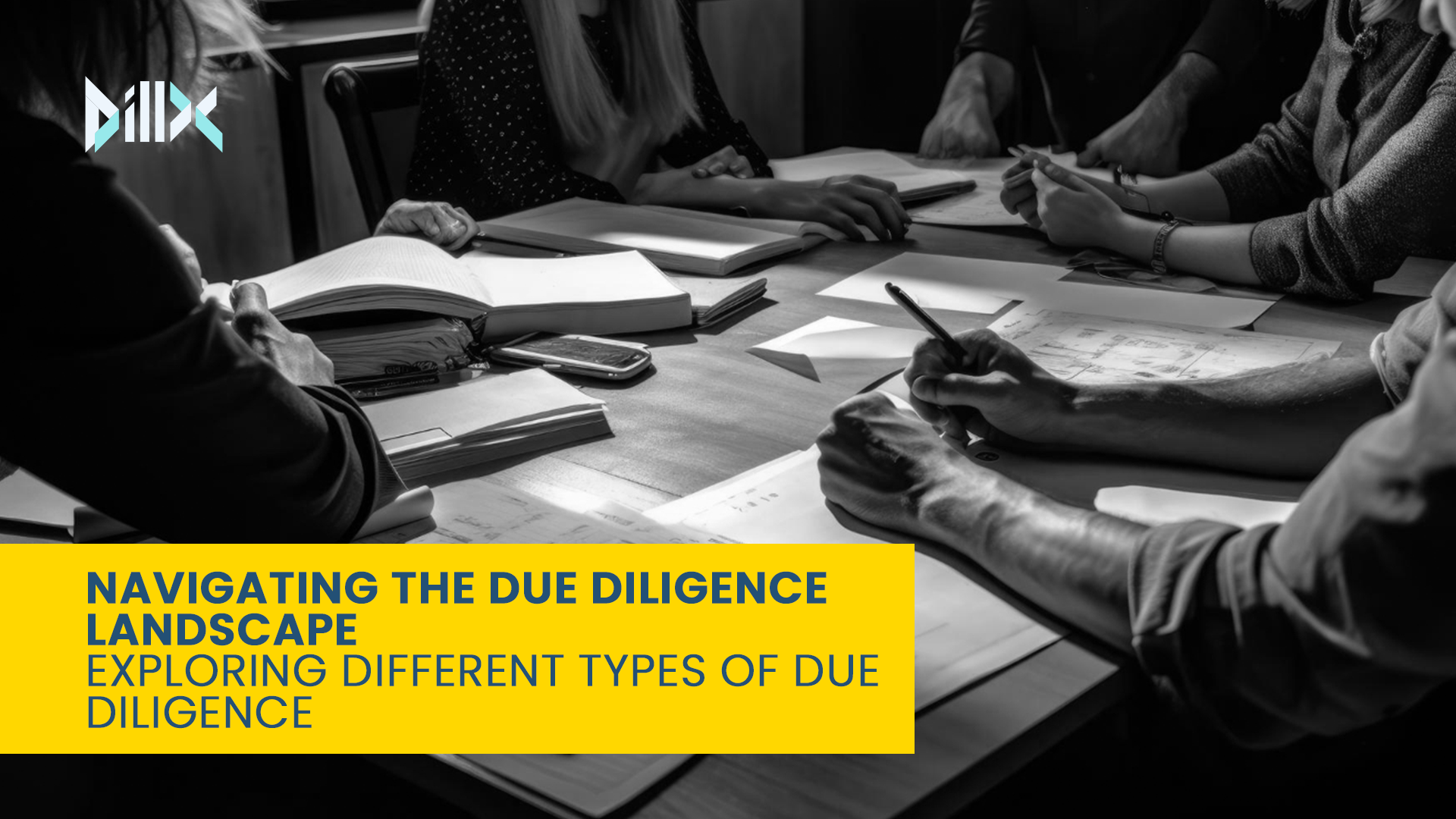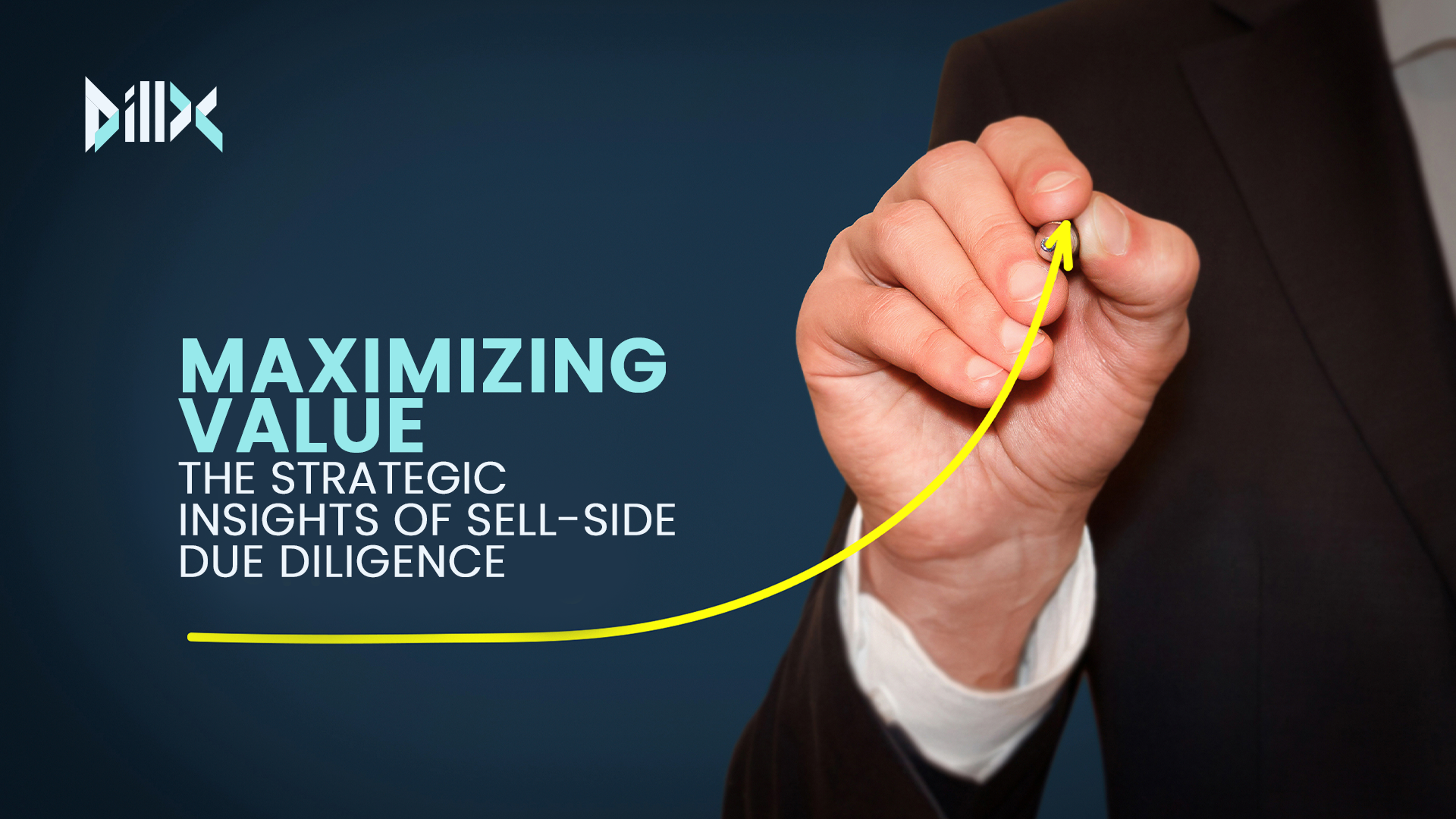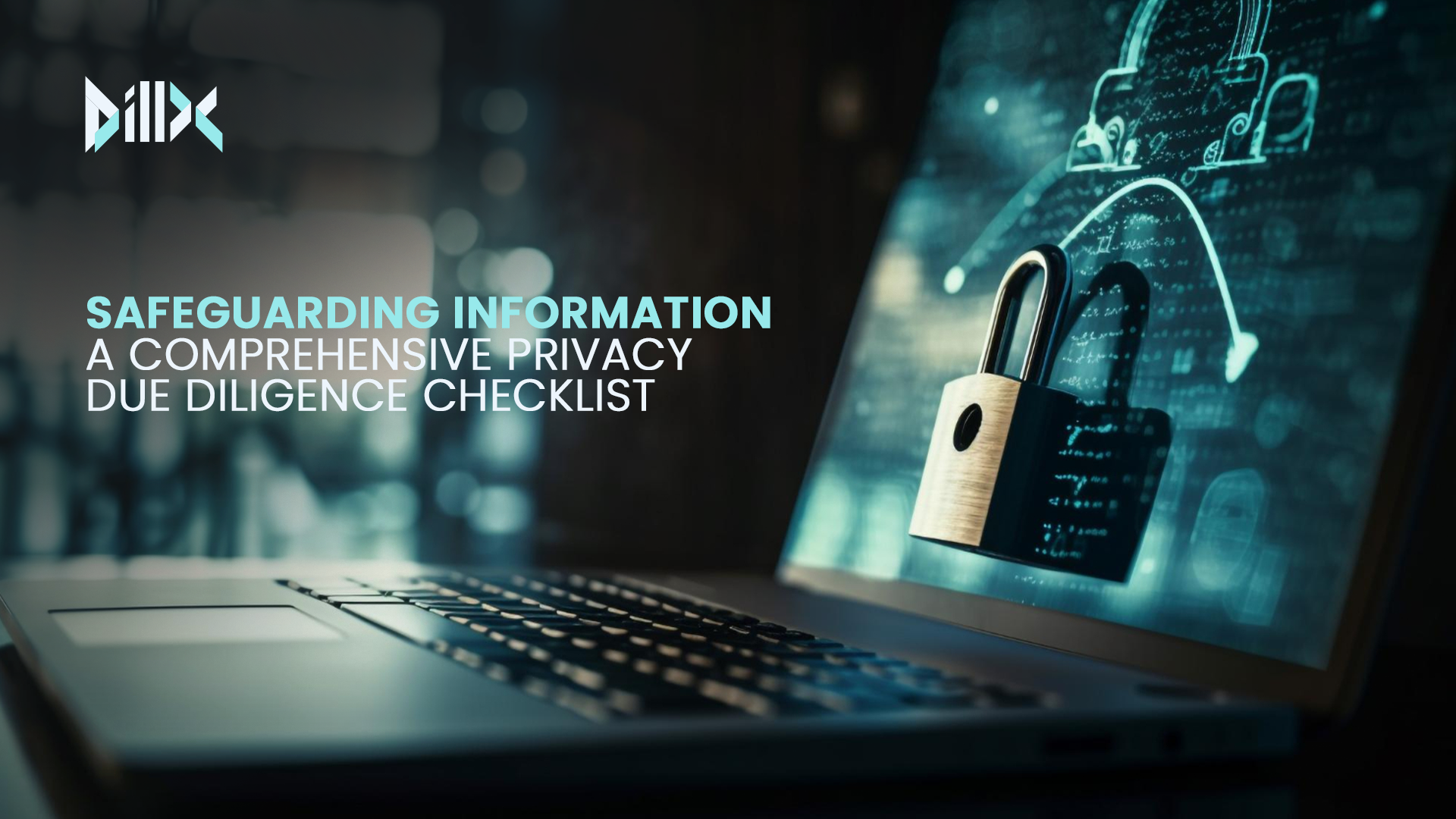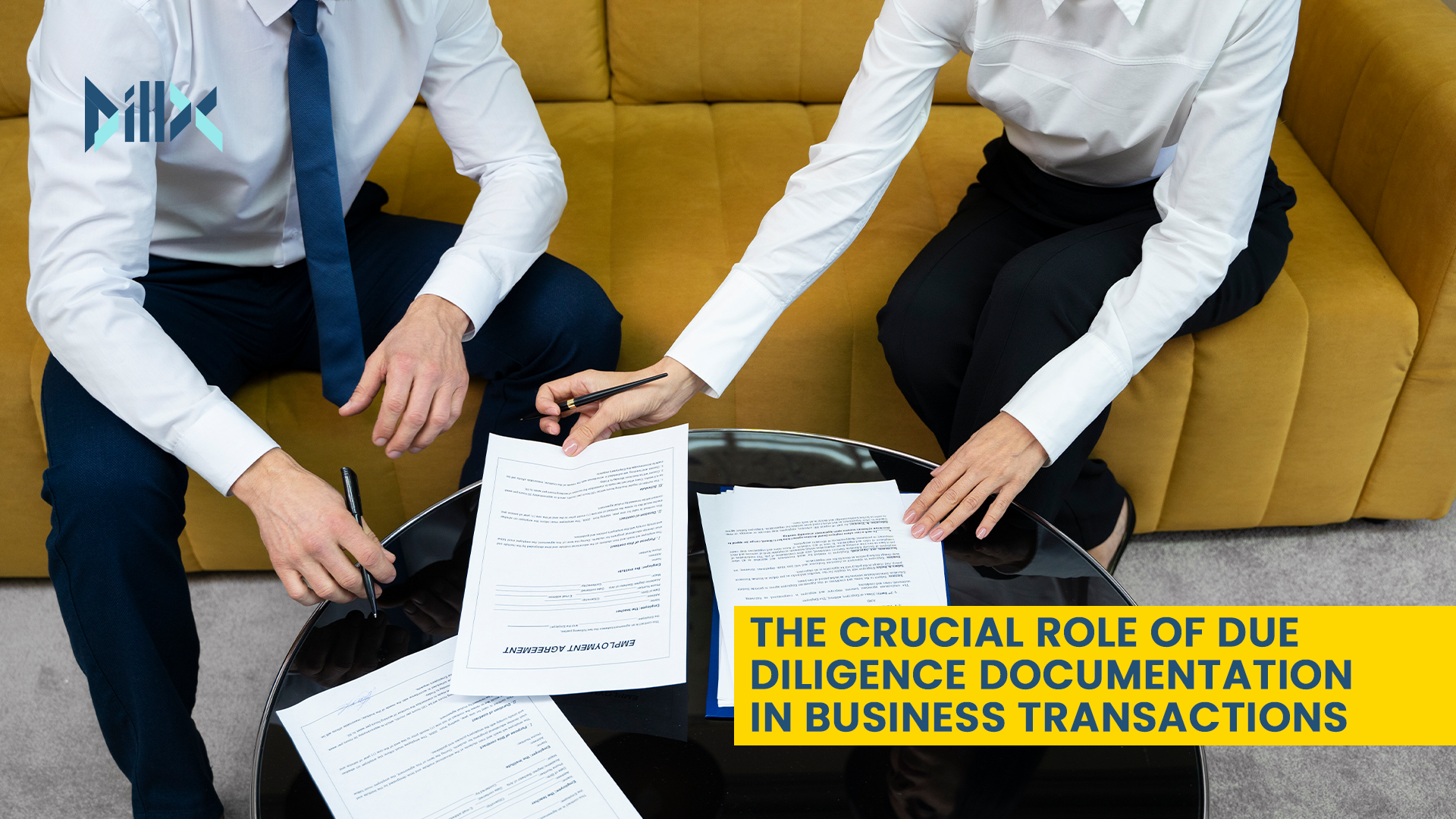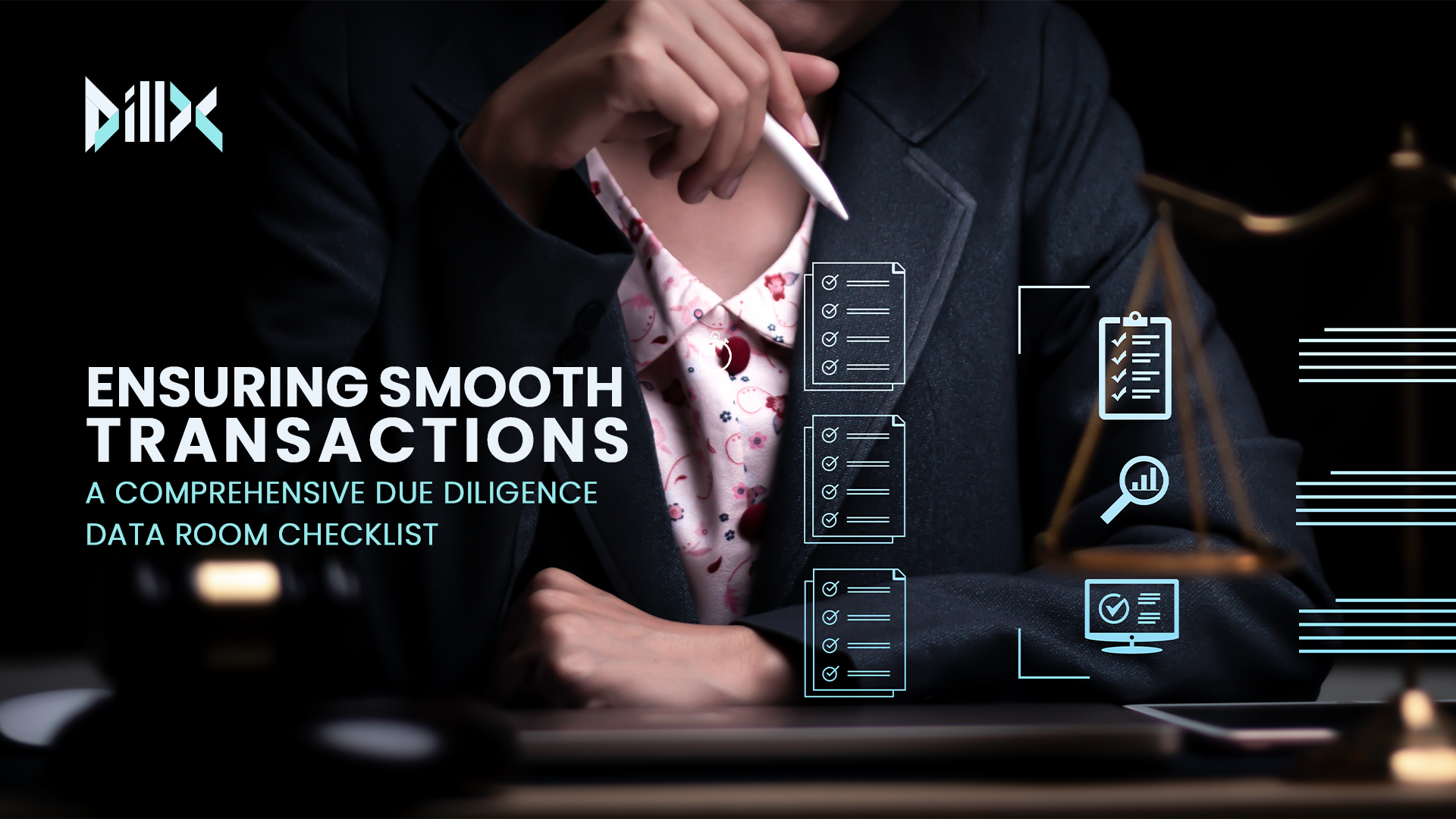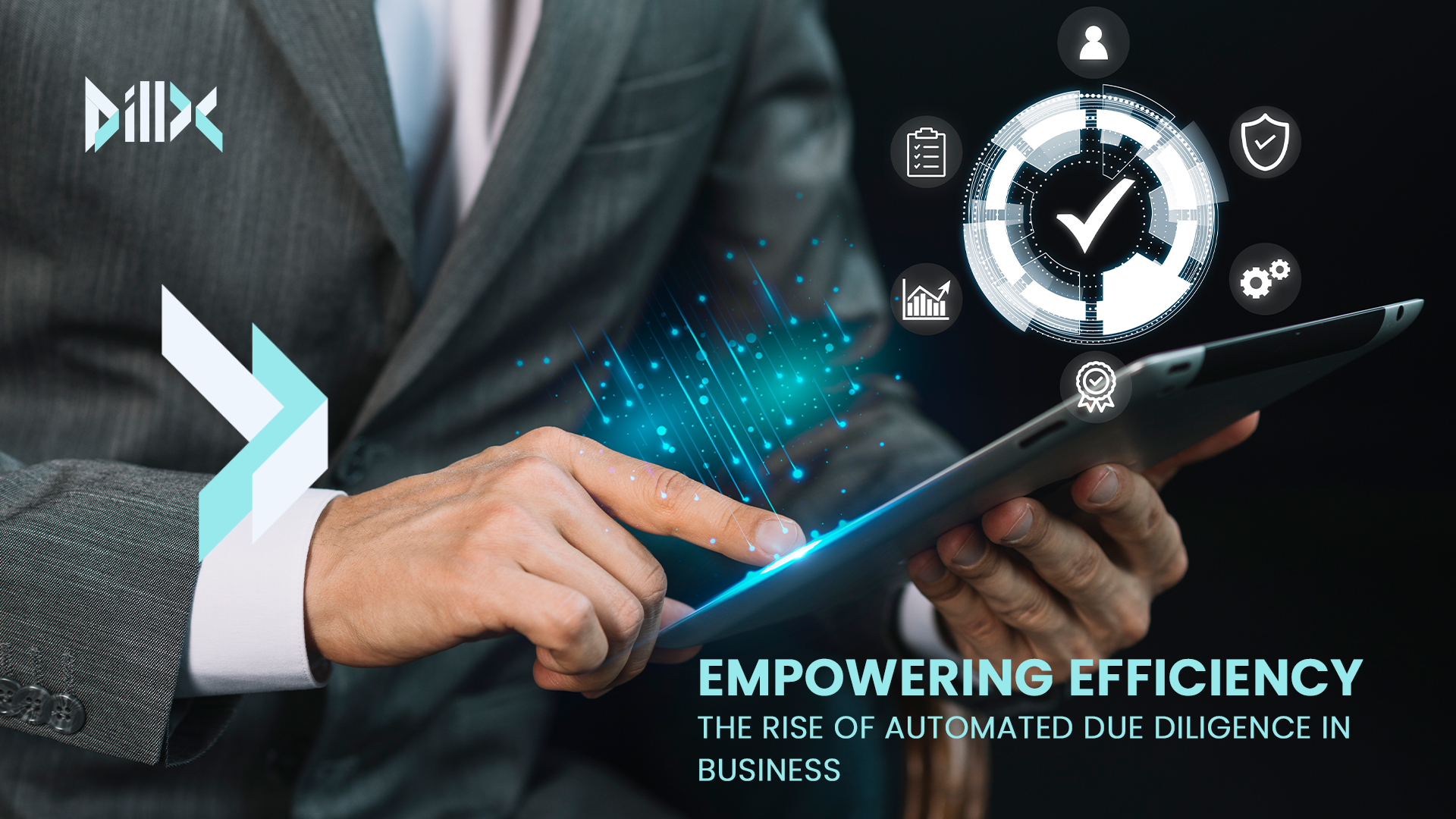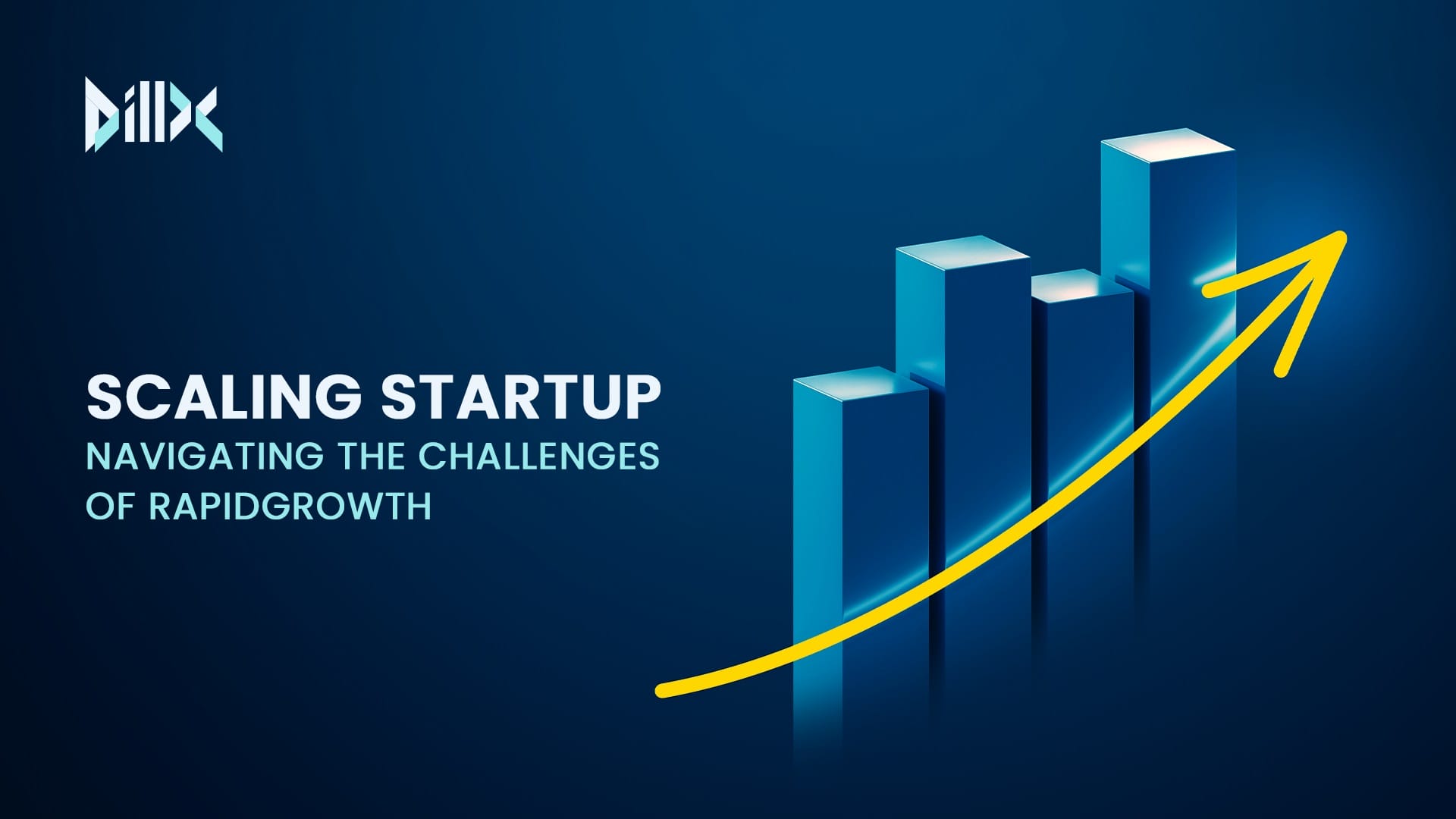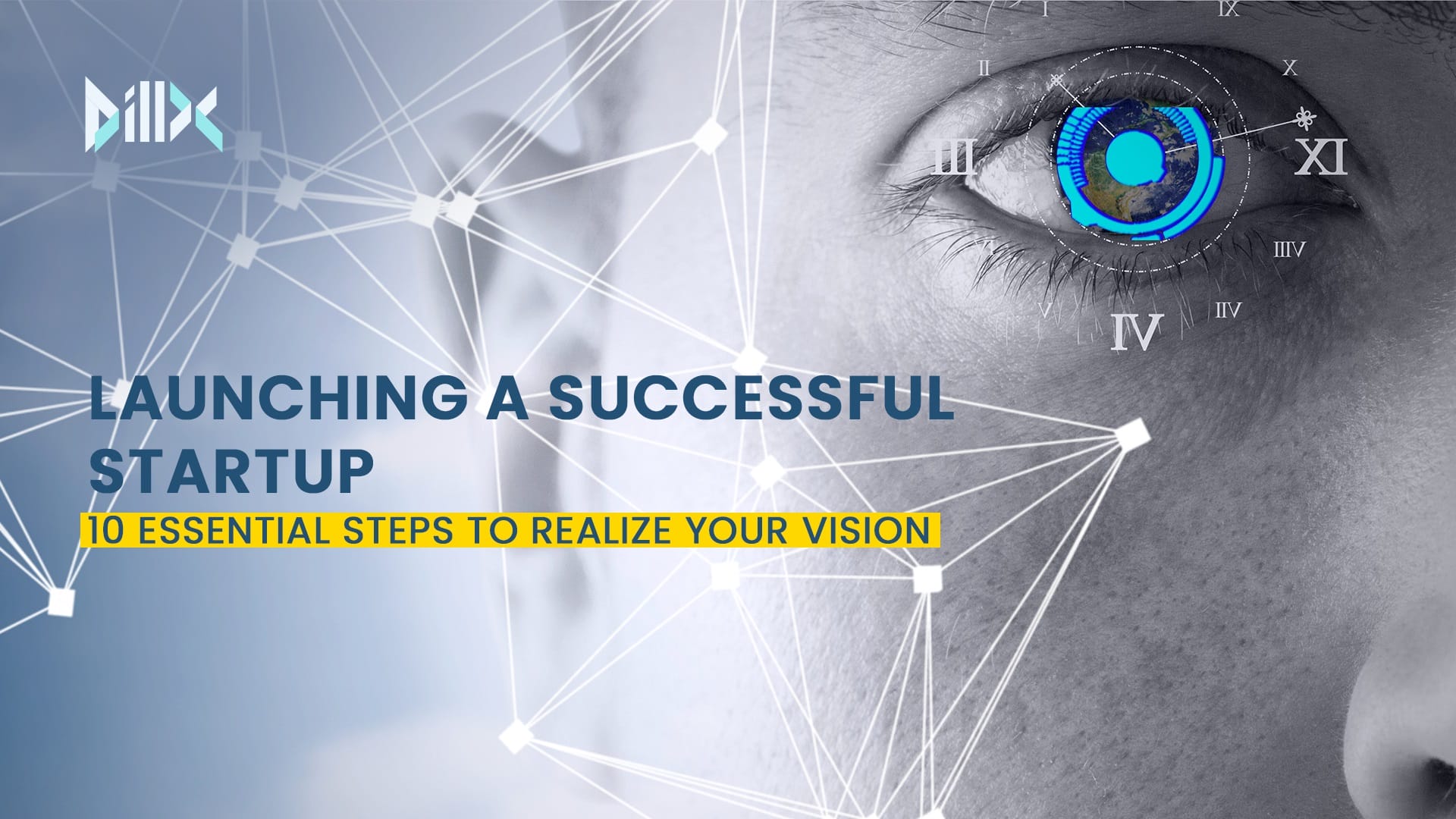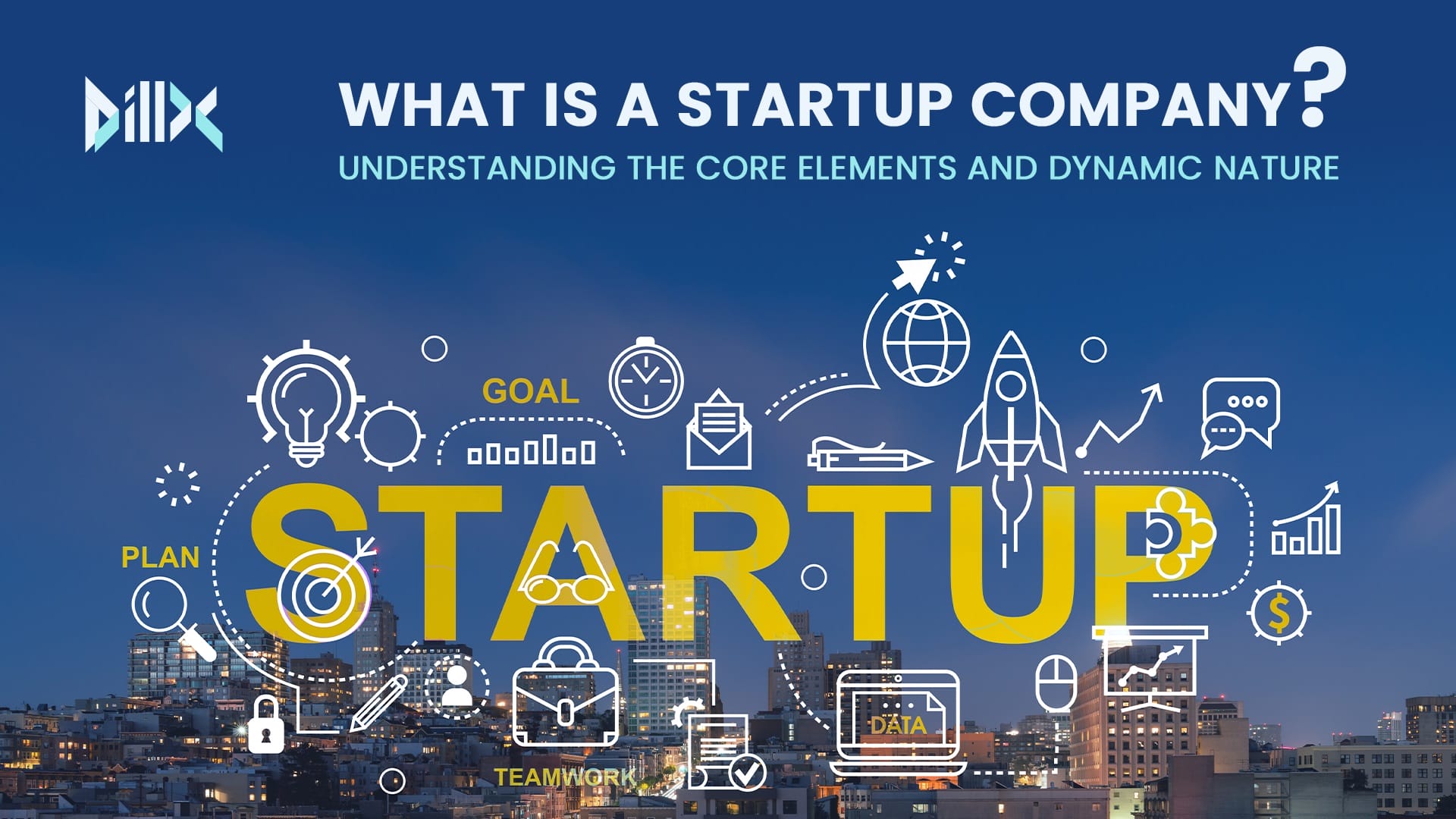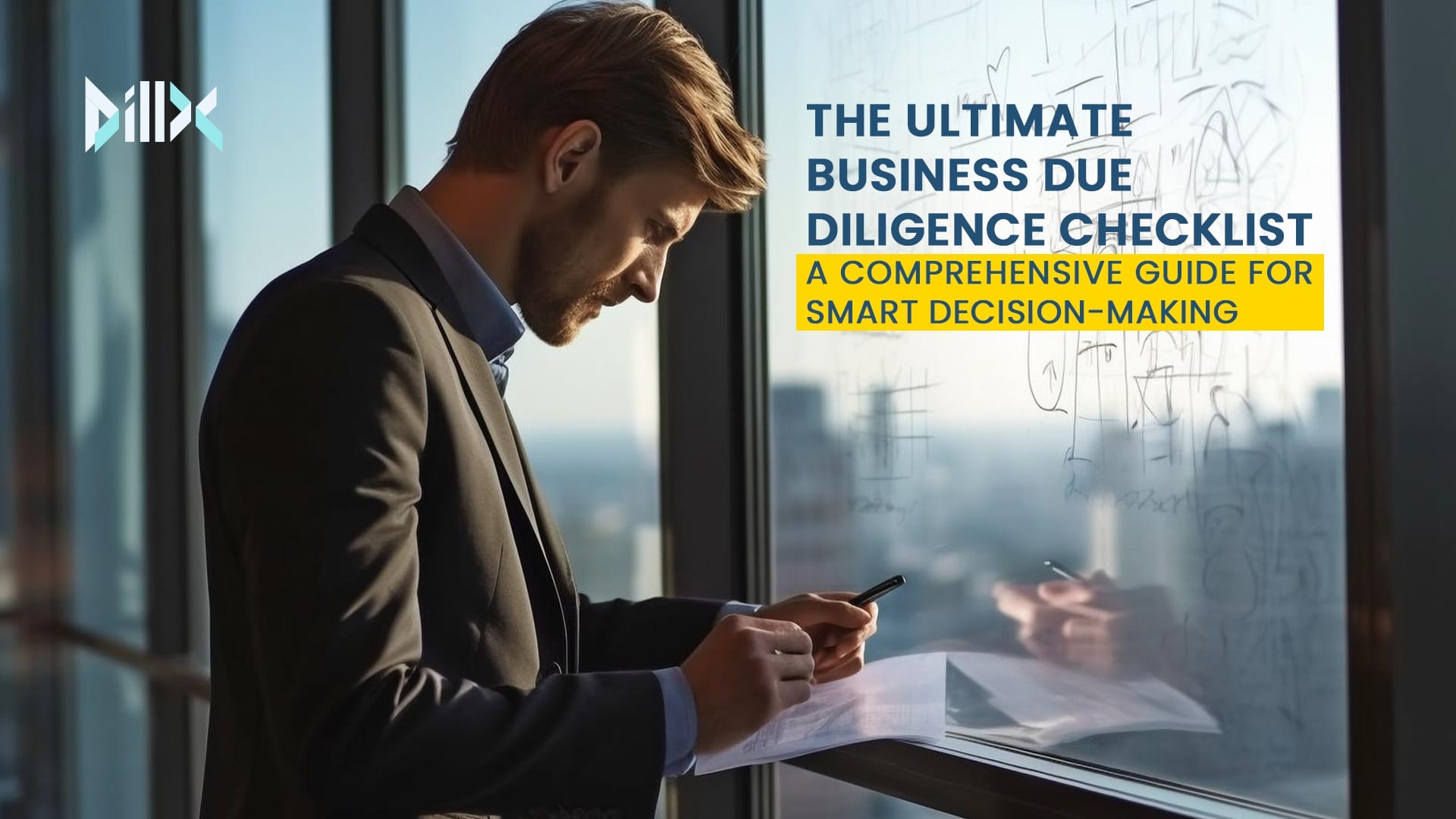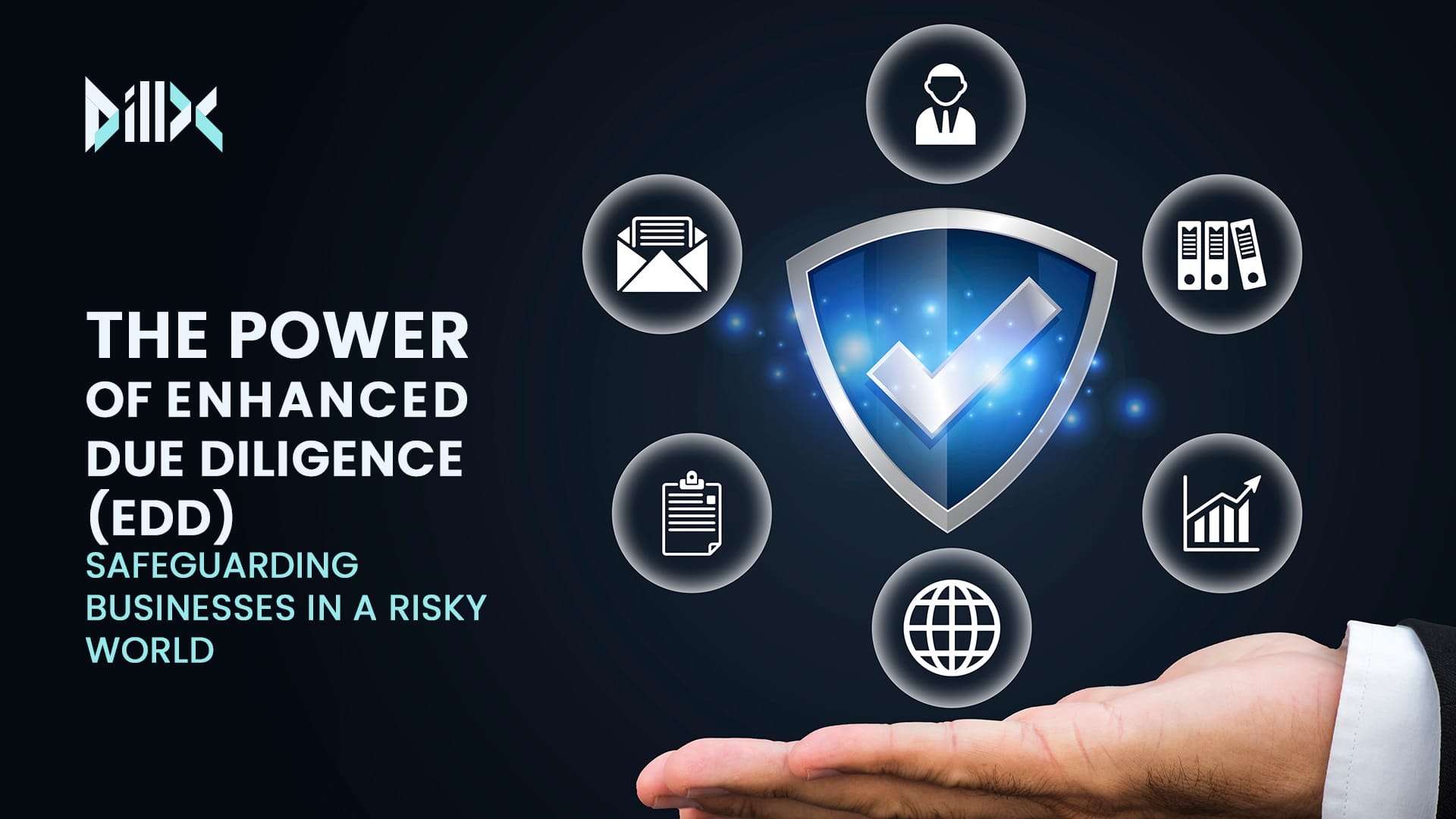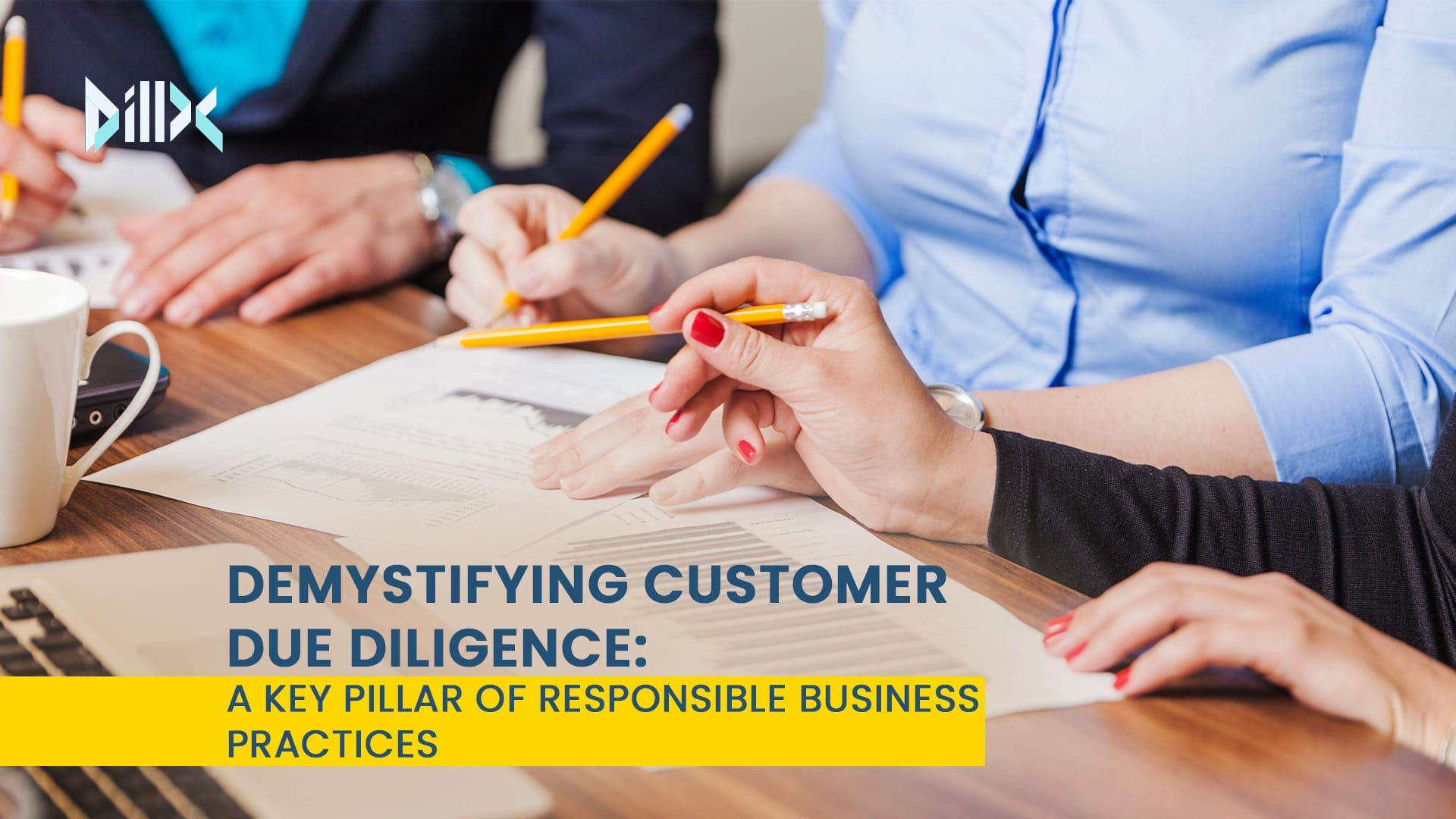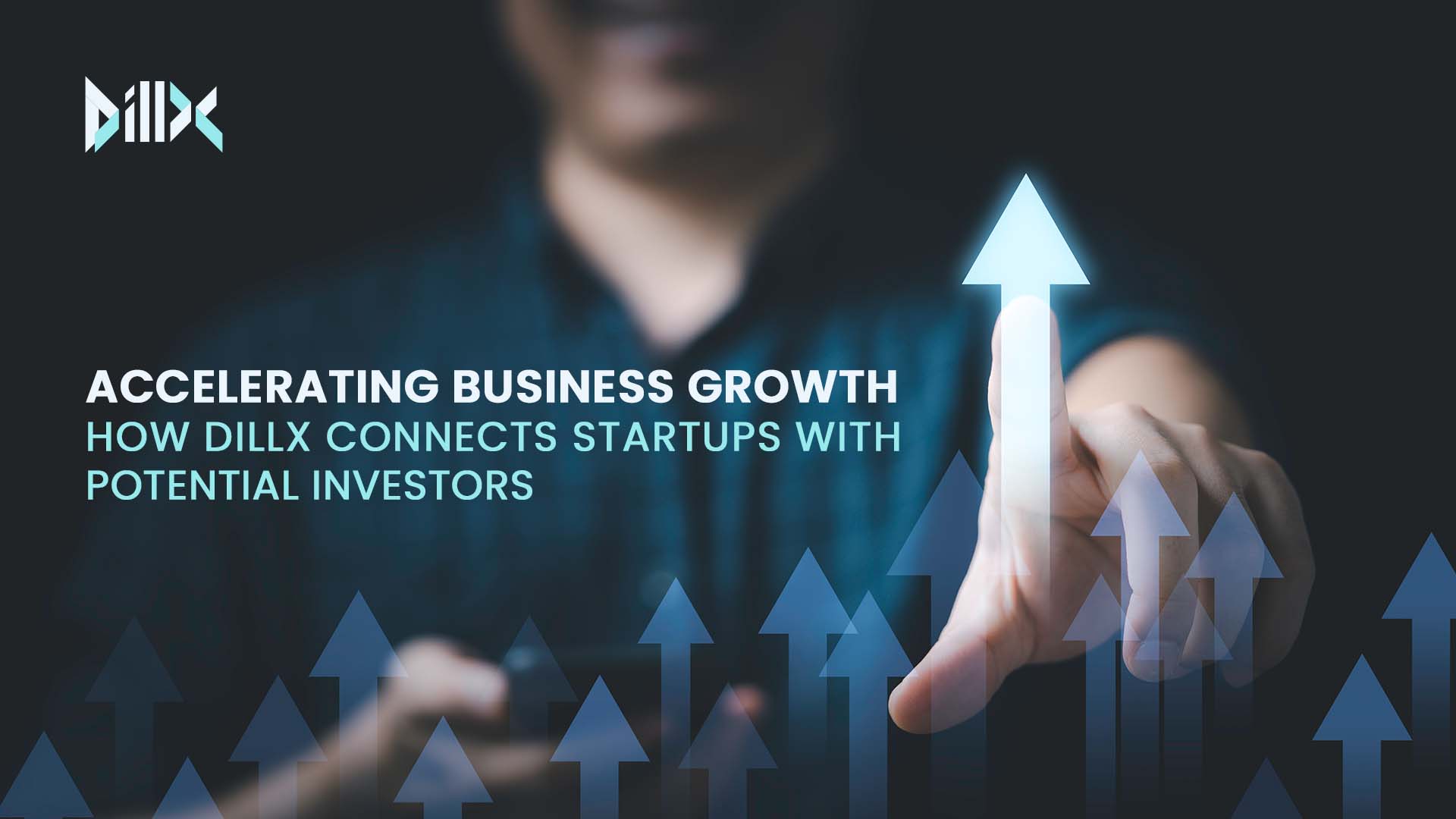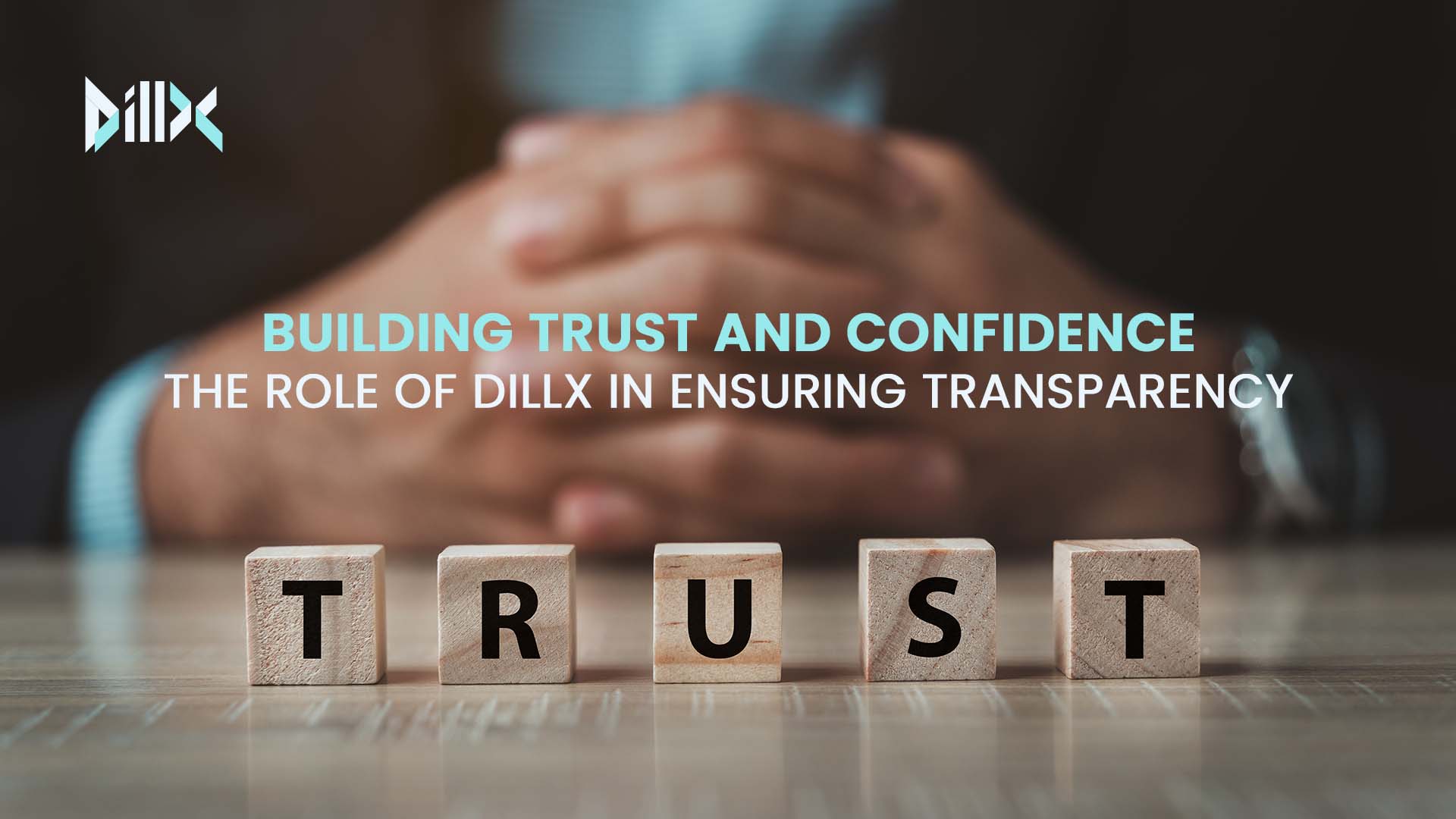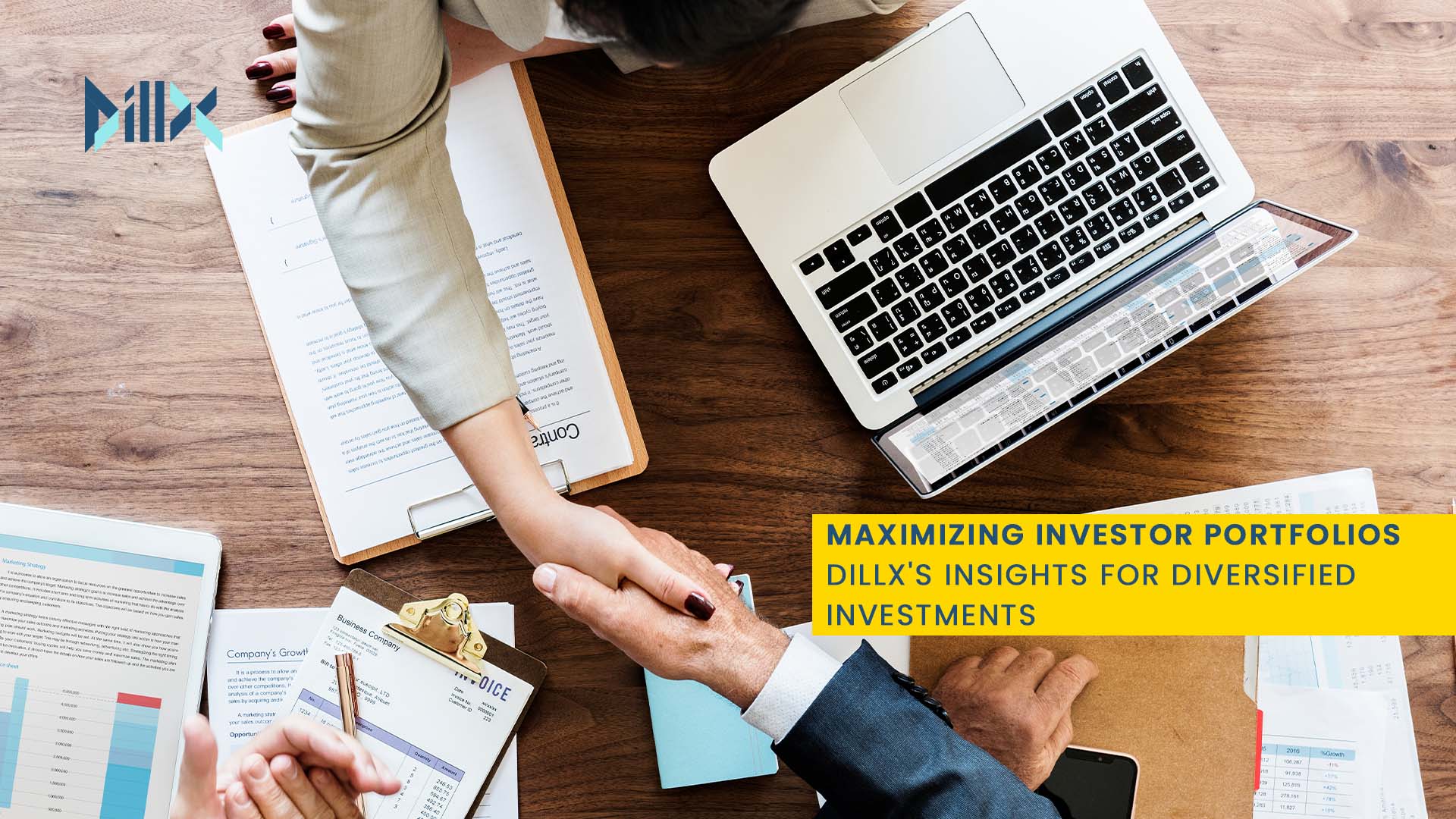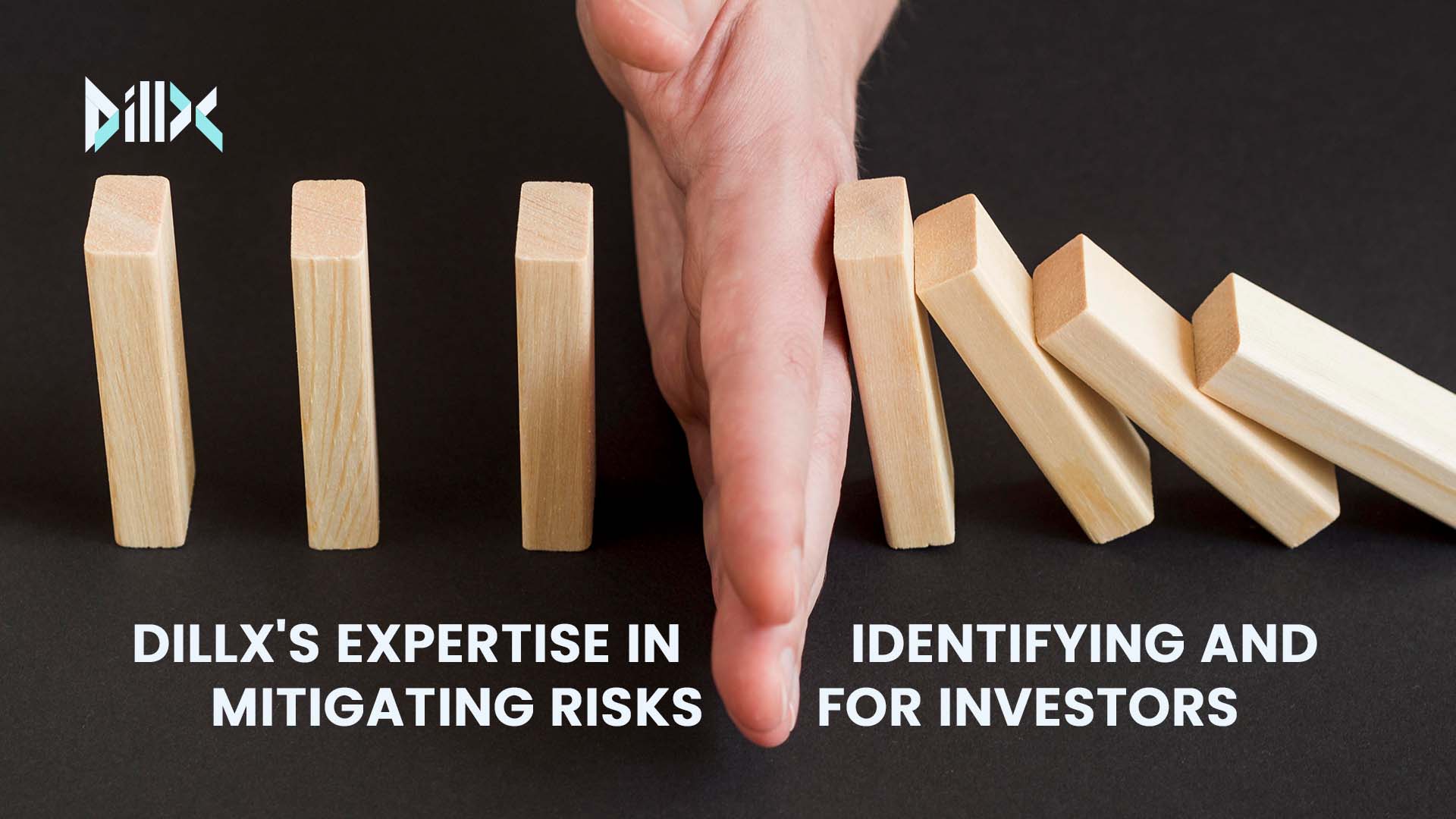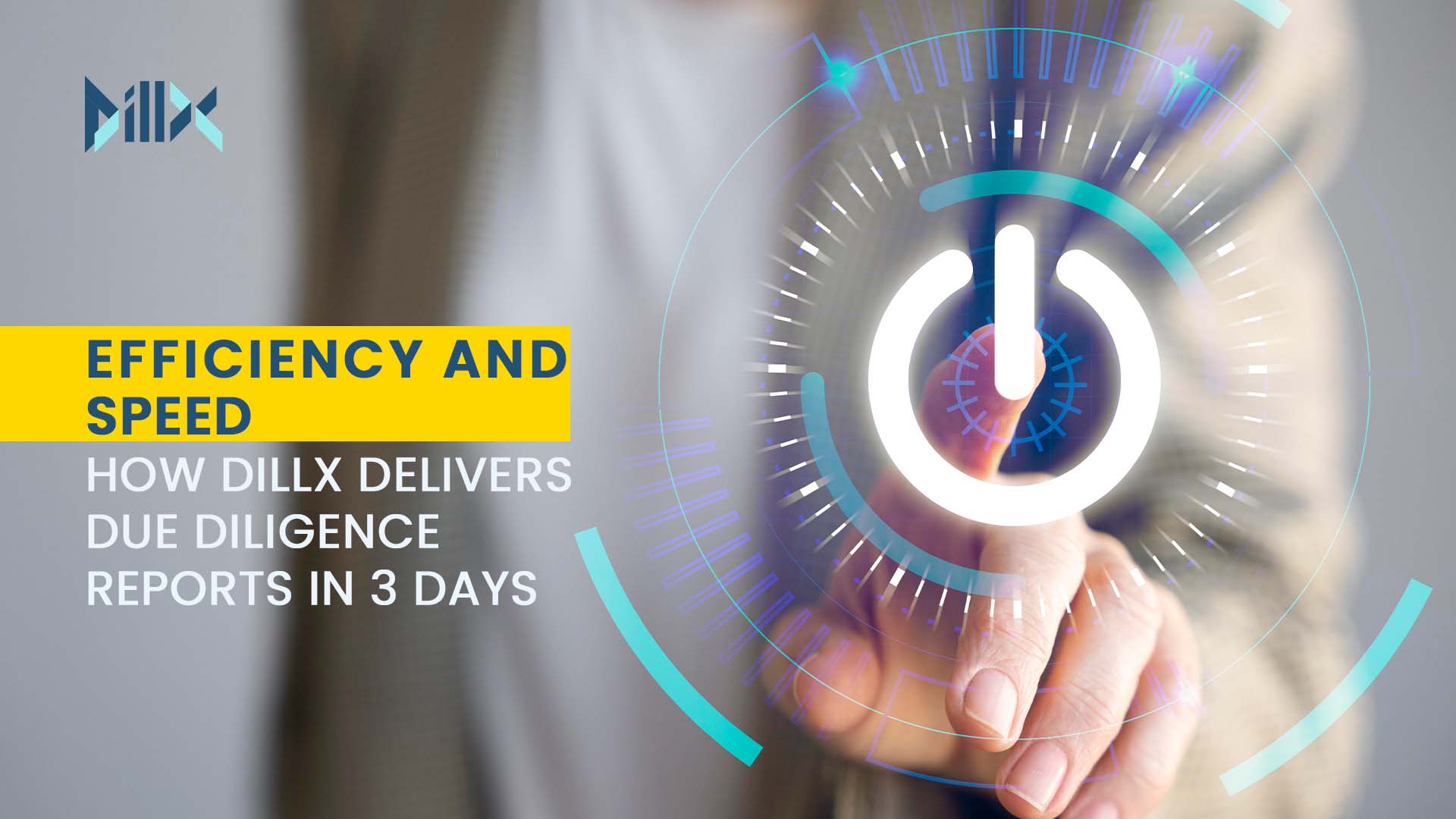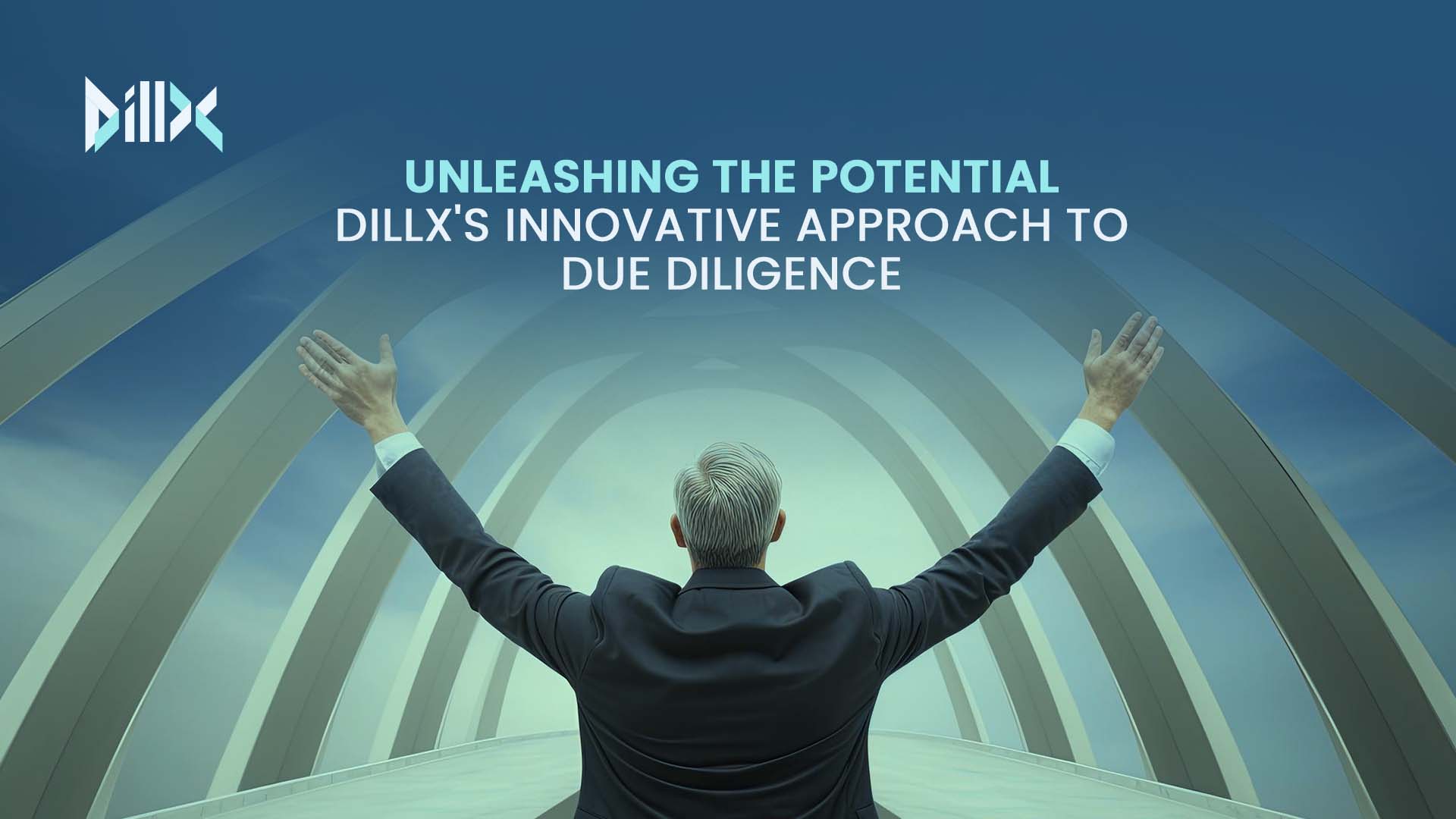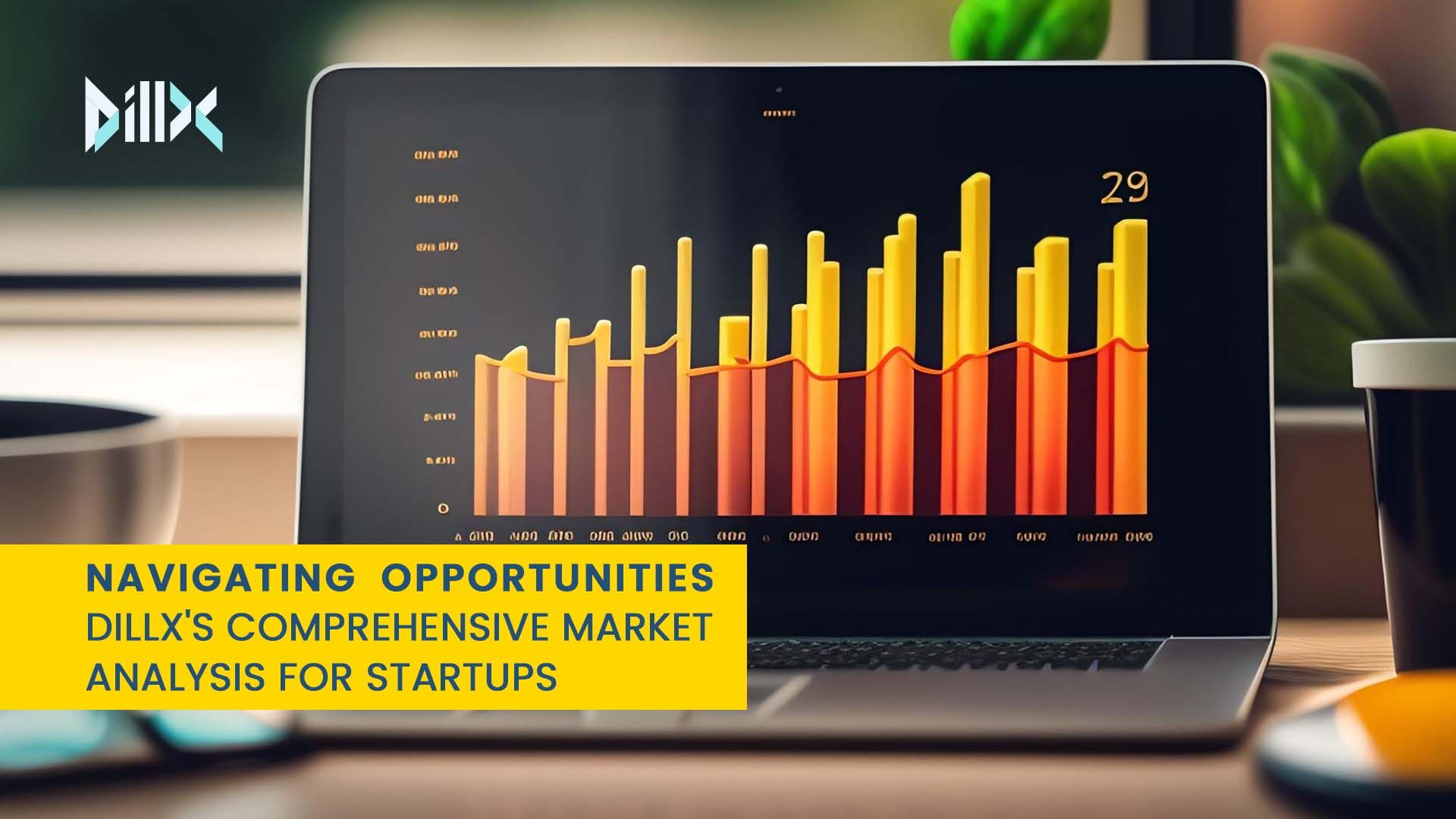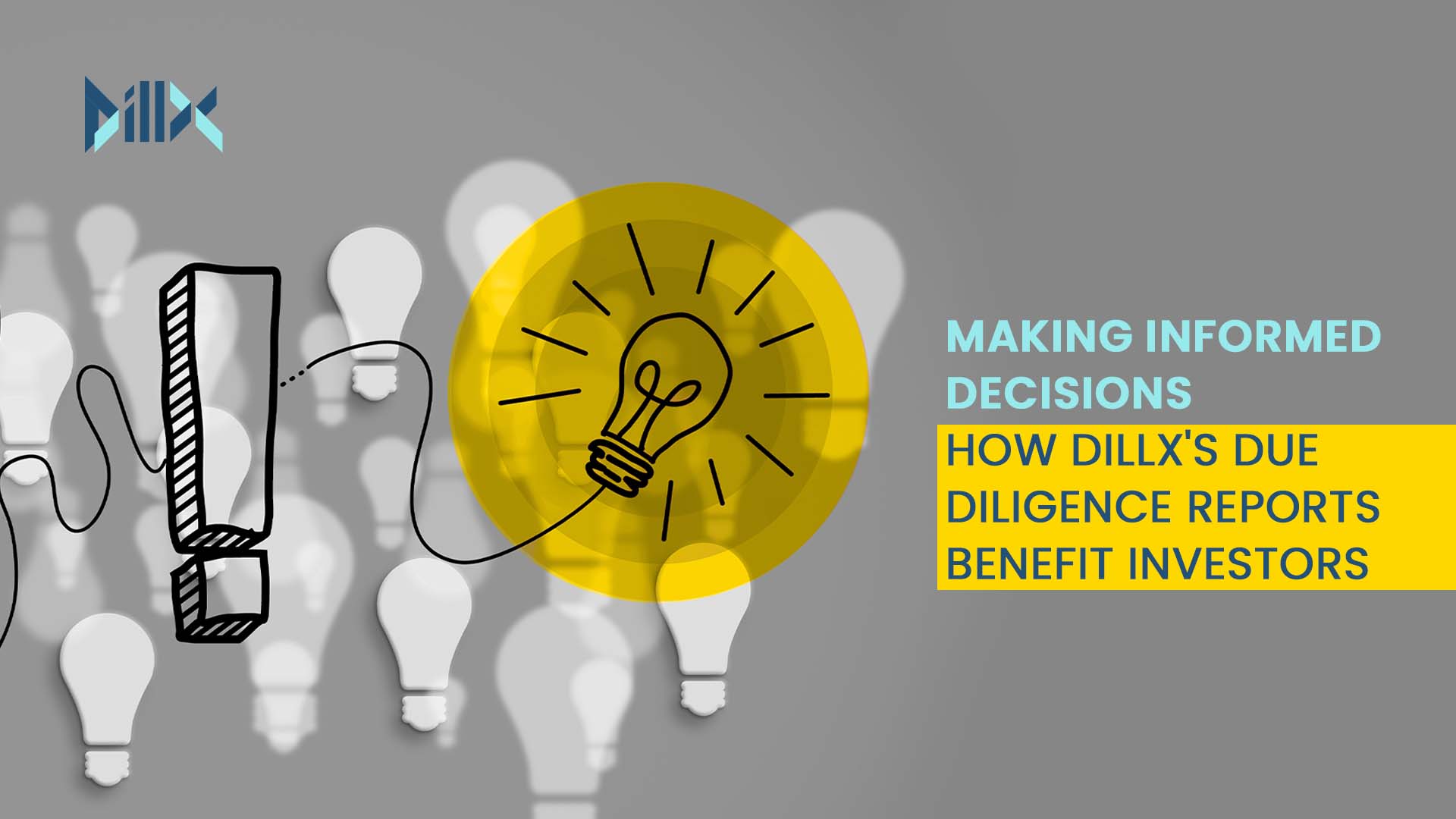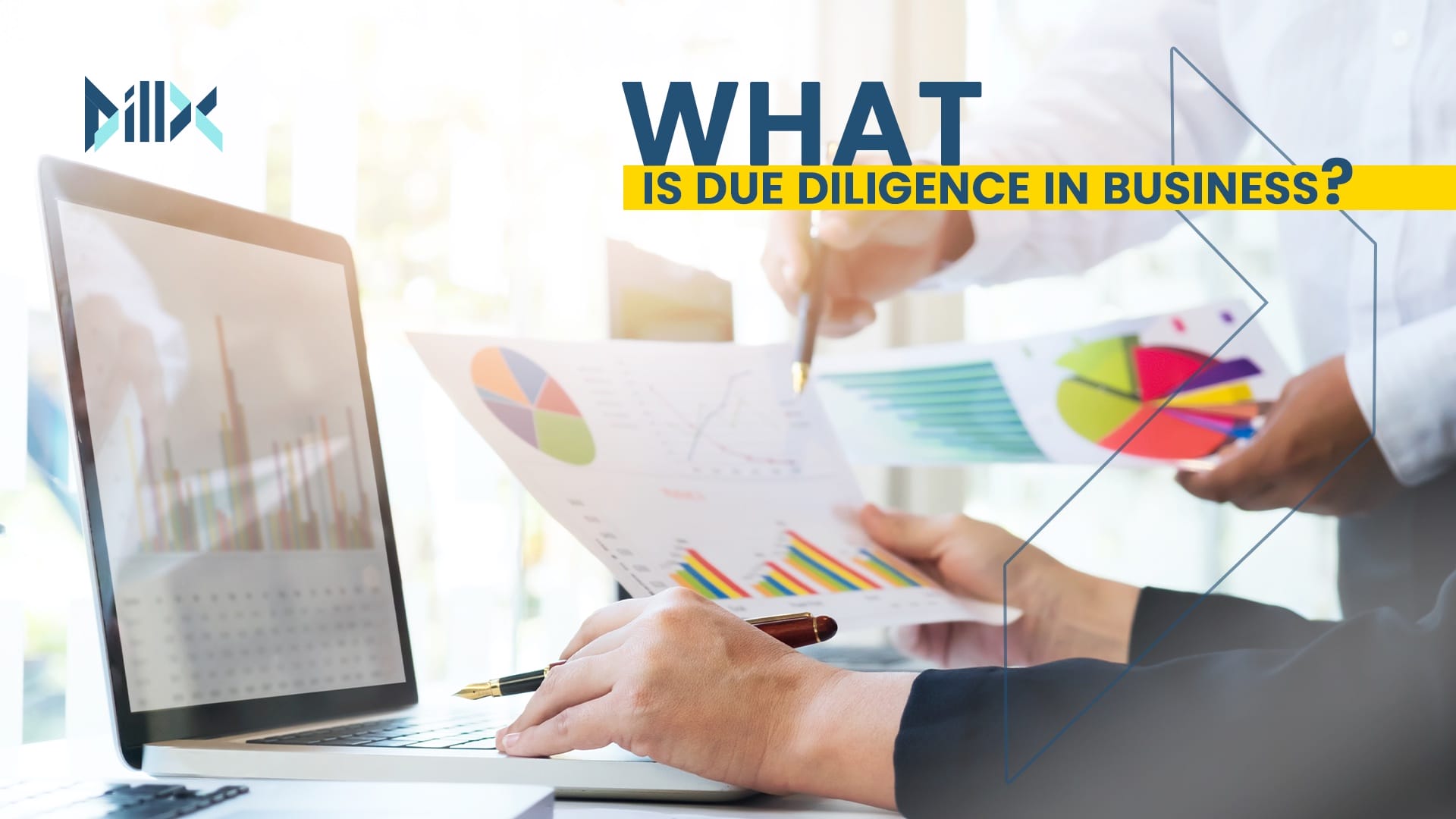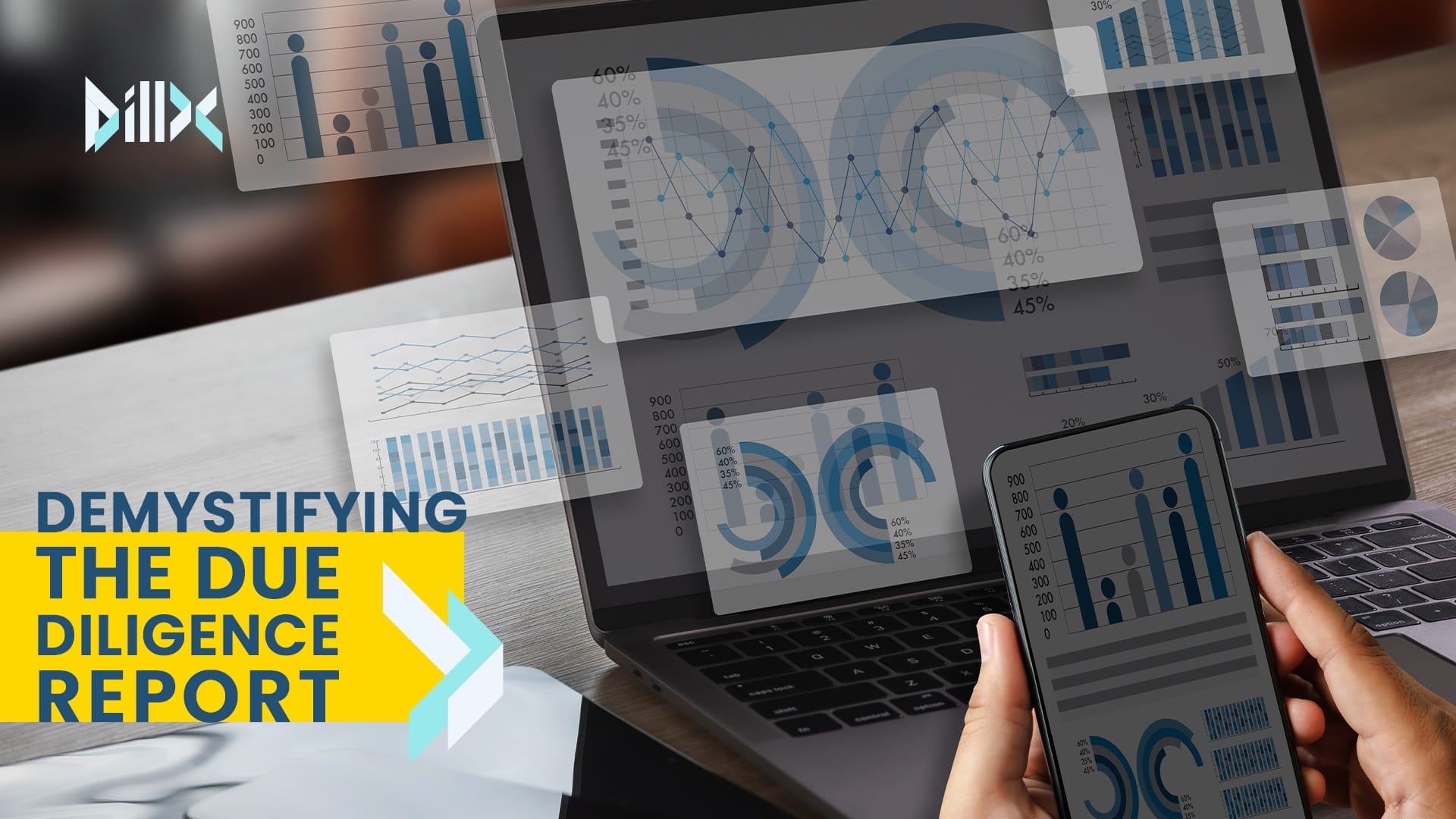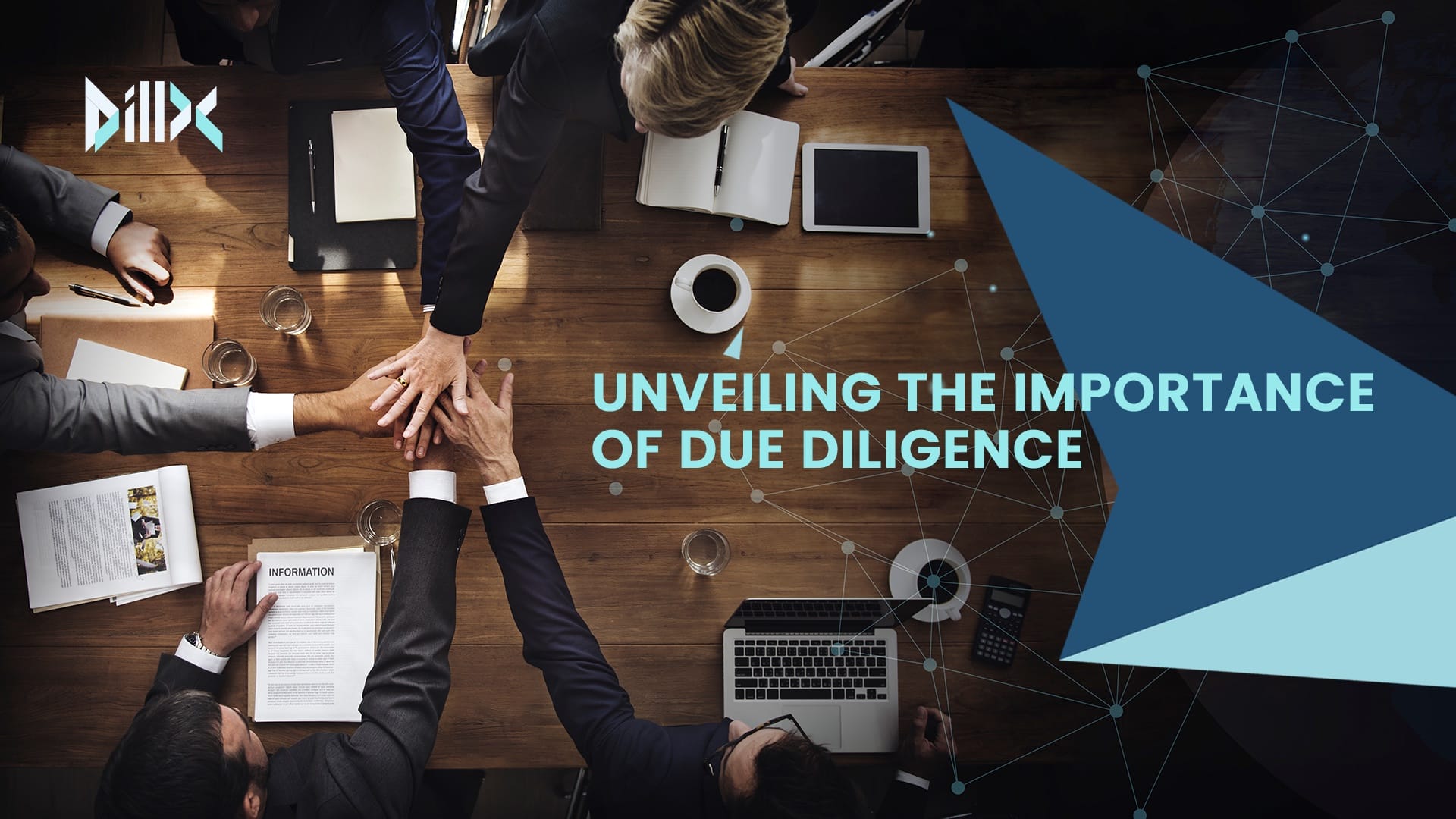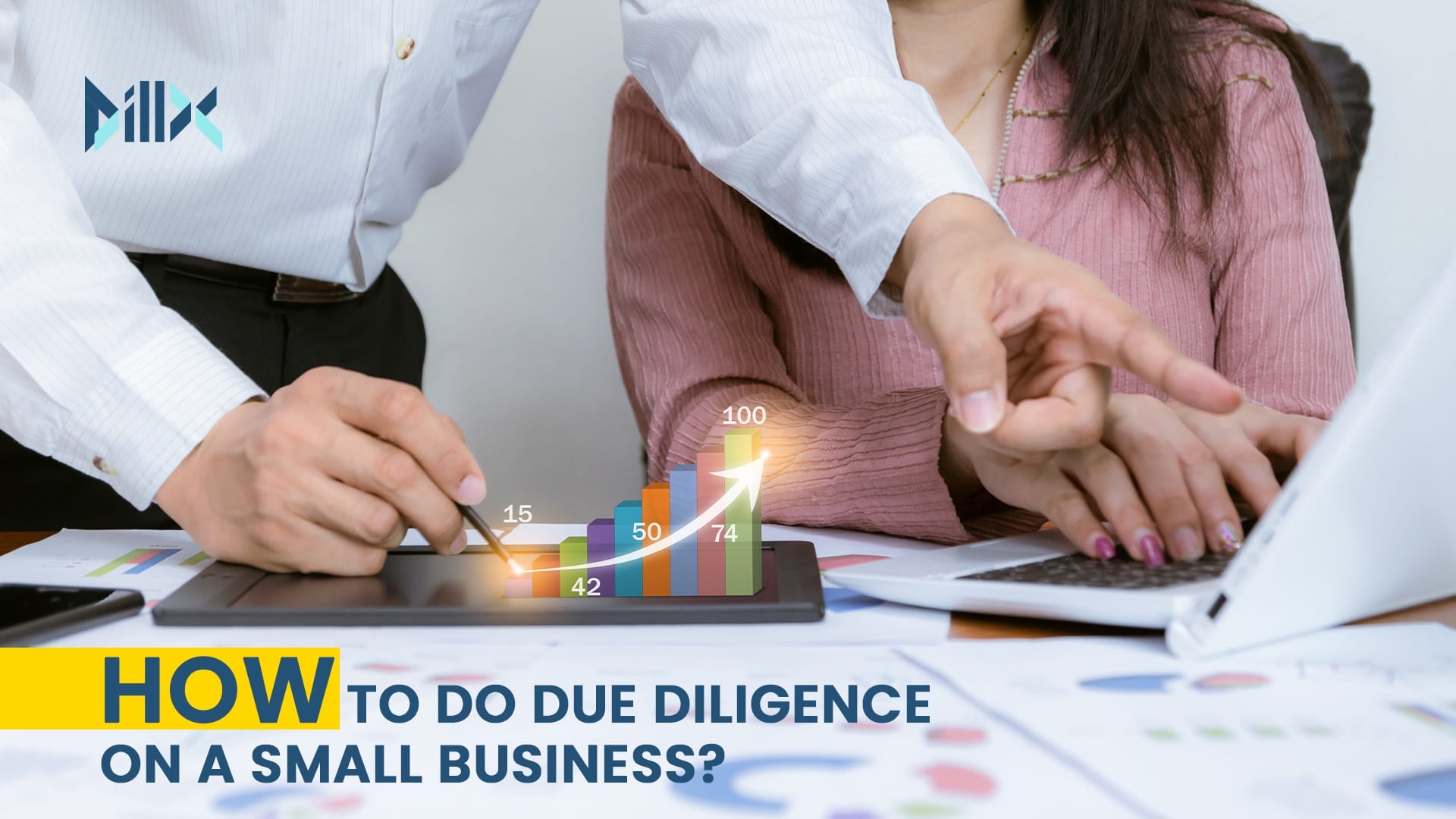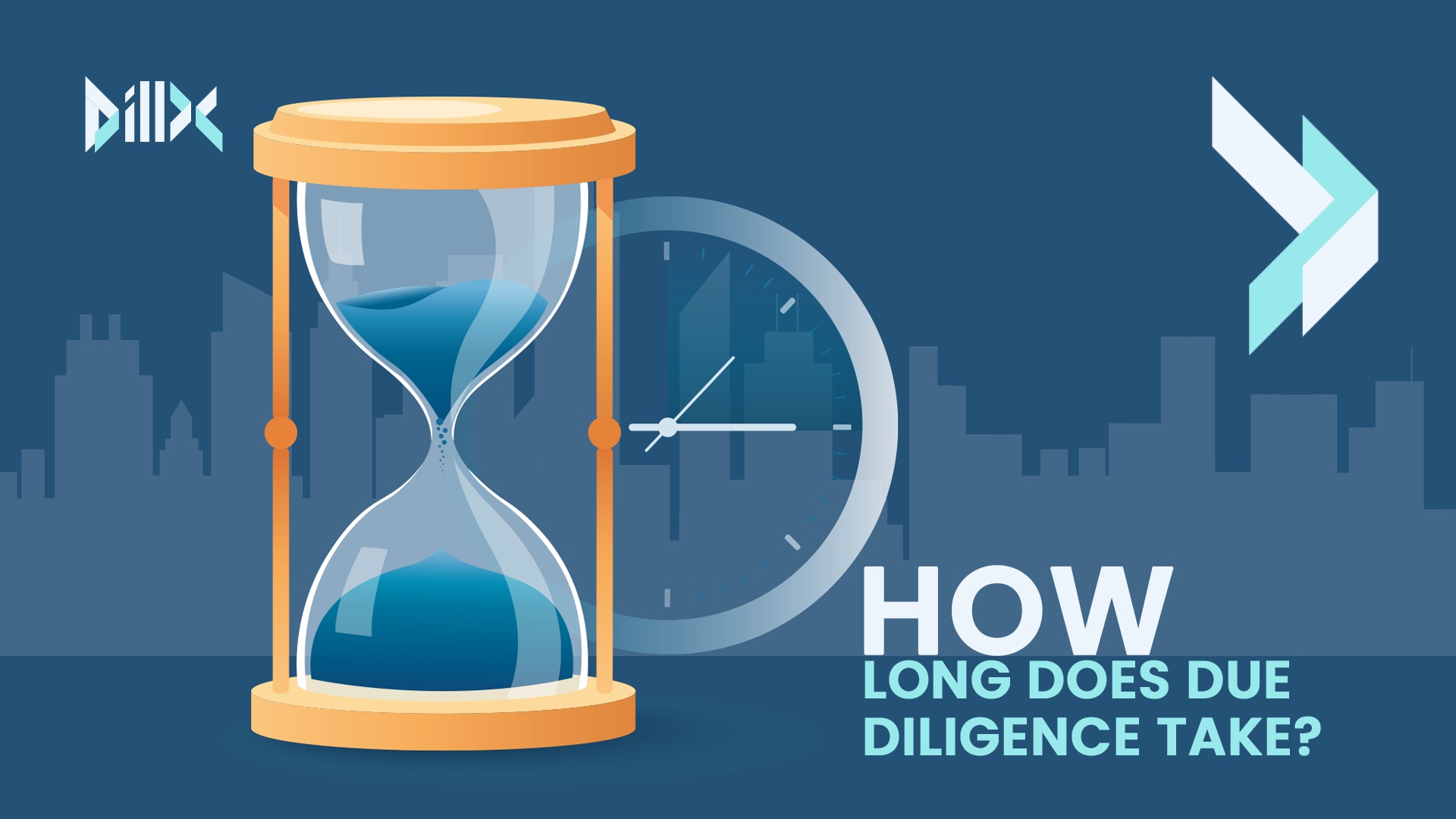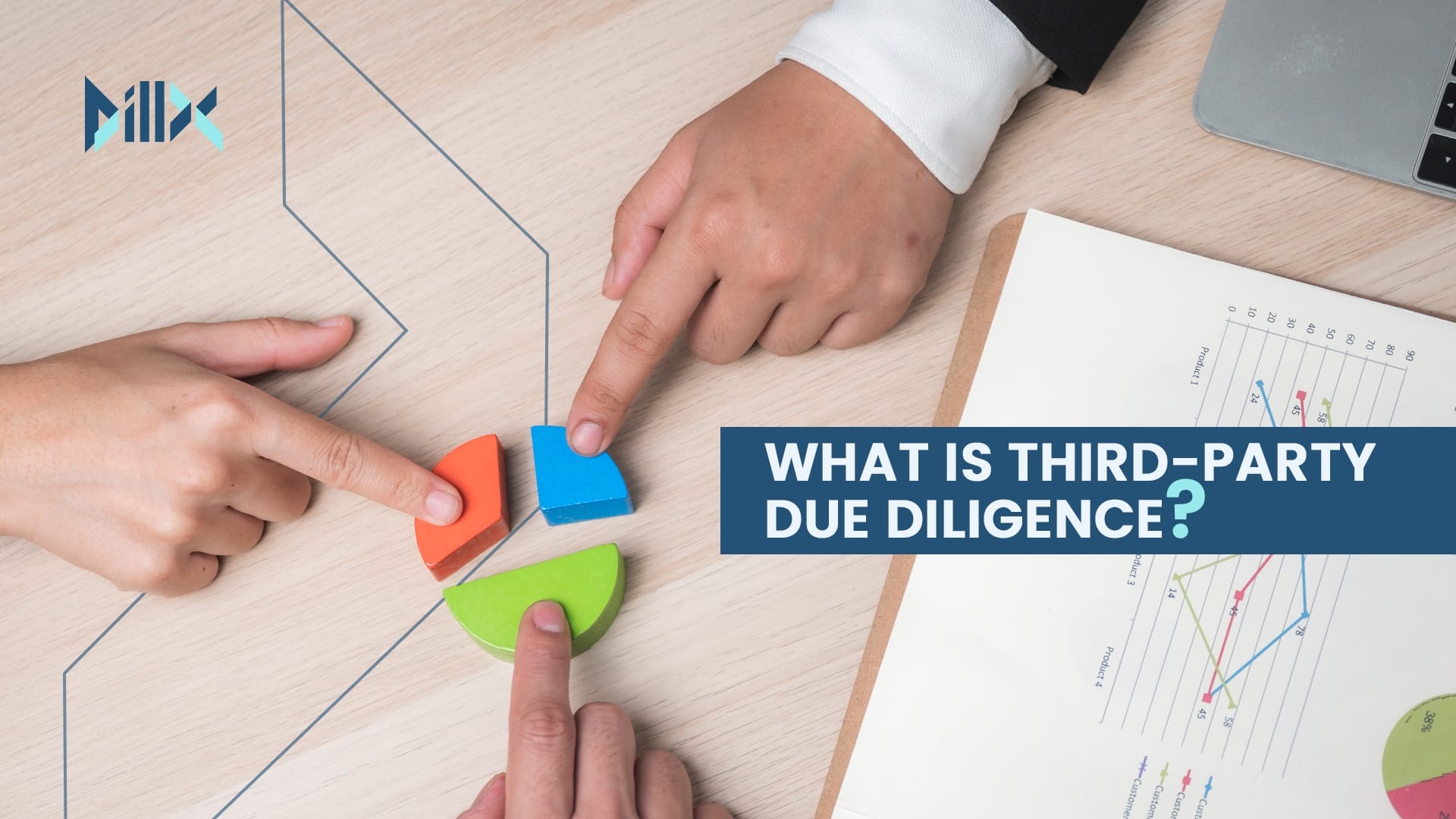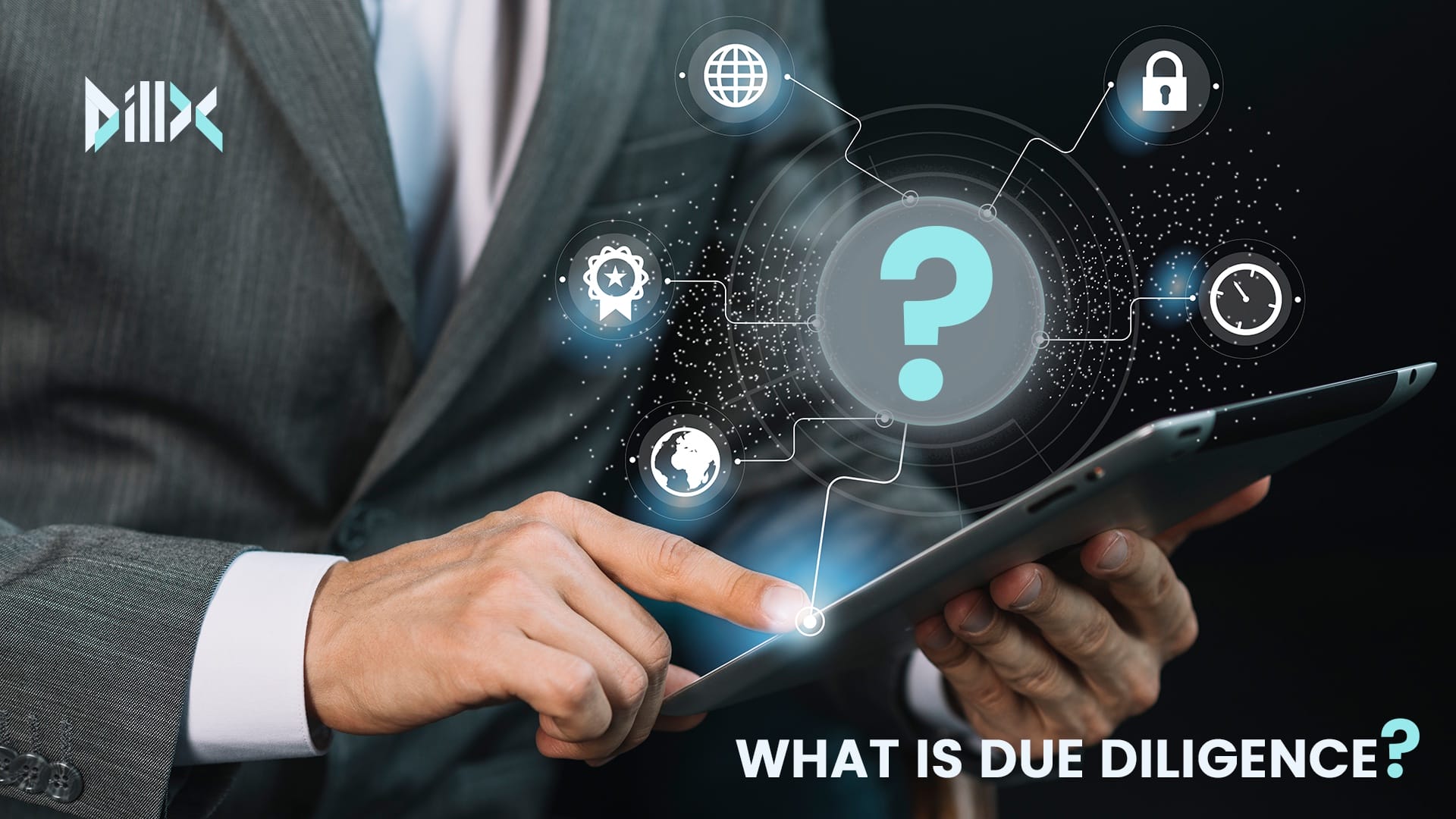As the world increasingly embraces the power of artificial intelligence (AI), businesses are incorporating AI technologies into their operations to gain a competitive edge. However, with the rapid evolution of AI, it becomes vital to conduct AI due diligence to make informed decisions when adopting or investing in AI solutions. In this article, we will explore the significance of AI due diligence, its key components, and how it empowers businesses to navigate the future with confidence.
What is AI Due Diligence?
It is a comprehensive process that involves evaluating the potential benefits and risks associated with adopting or investing in AI technologies. It aims to assess the technical capabilities, data practices, ethical considerations, and legal compliance of AI systems to make informed and responsible decisions.
The Importance of AI Due Diligence
- Understanding the Technology: AI due diligence provides a deeper understanding of AI technologies, their applications, and their potential impact on business processes and outcomes.
- Risk Mitigation: By identifying potential risks and challenges related to AI implementation, businesses can take proactive measures to mitigate those risks effectively.
- Ensuring Ethical AI Use: It helps businesses ensure that AI systems are designed and deployed ethically, without causing harm or bias to individuals or communities.
- Compliance and Legal Considerations: It ensures that AI implementations comply with relevant laws and regulations, reducing the risk of legal issues or reputational damage.
Key Components of AI Due Diligence
- Technical Assessment: Evaluate the technical capabilities of the AI system, including its accuracy, performance, scalability, and compatibility with existing infrastructure.
- Data Quality and Privacy: Examine the data used to train AI algorithms, ensuring it is of high quality, sufficient in quantity, and collected ethically. Assess data privacy practices to protect sensitive information.
- Ethical Considerations: Analyze the ethical implications of the AI system’s decisions, addressing issues of fairness, transparency, and accountability.
- Cybersecurity and Robustness: Assess the AI system’s vulnerability to cybersecurity threats and its resilience against adversarial attacks.
- Regulatory Compliance: Ensure that the AI system complies with relevant industry-specific regulations and data protection laws.
- Intellectual Property: Verify the ownership and protection status of AI-related intellectual property, such as patents and trade secrets.
- Business Impact: Evaluate the potential impact of AI adoption on the organization’s business processes, efficiency, and competitive advantage.
AI Due Diligence Best Practices
- Cross-Functional Teams: Form multidisciplinary teams involving technical experts, legal professionals, data scientists, and business stakeholders to conduct comprehensive AI due diligence.
- Transparency and Documentation: Ensure transparency throughout the AI due diligence process, and document all findings and decisions.
- External Expertise: Seek advice from AI consultants or third-party auditors with expertise in AI technologies and ethics.
- Ongoing Monitoring: Continuous monitoring of AI systems post-implementation is essential to detect and address any emerging risks or issues.
Conclusion
As AI technologies continue to revolutionize industries, conducting AI due diligence becomes an essential practice for responsible and successful business operations. By comprehensively evaluating technical capabilities, data practices, ethical considerations, and compliance aspects, businesses can confidently embrace AI and leverage its potential while ensuring ethical use and risk mitigation. It empowers organizations to navigate the future with informed decision-making, embracing the transformative power of AI responsibly and ethically.
About DillX
Unlock the power of streamlined due diligence with DillX. Say goodbye to months of manual, costly processes and embrace efficiency in just 3 days. Our SaaS platform automates the entire due diligence process, generating detailed DX reports with pre-verified company information and red flag alerts. Founders can track their investment readiness, while investors can assess more startups with reduced risk. Ready to transform your due diligence experience? Join our waitlist today.


